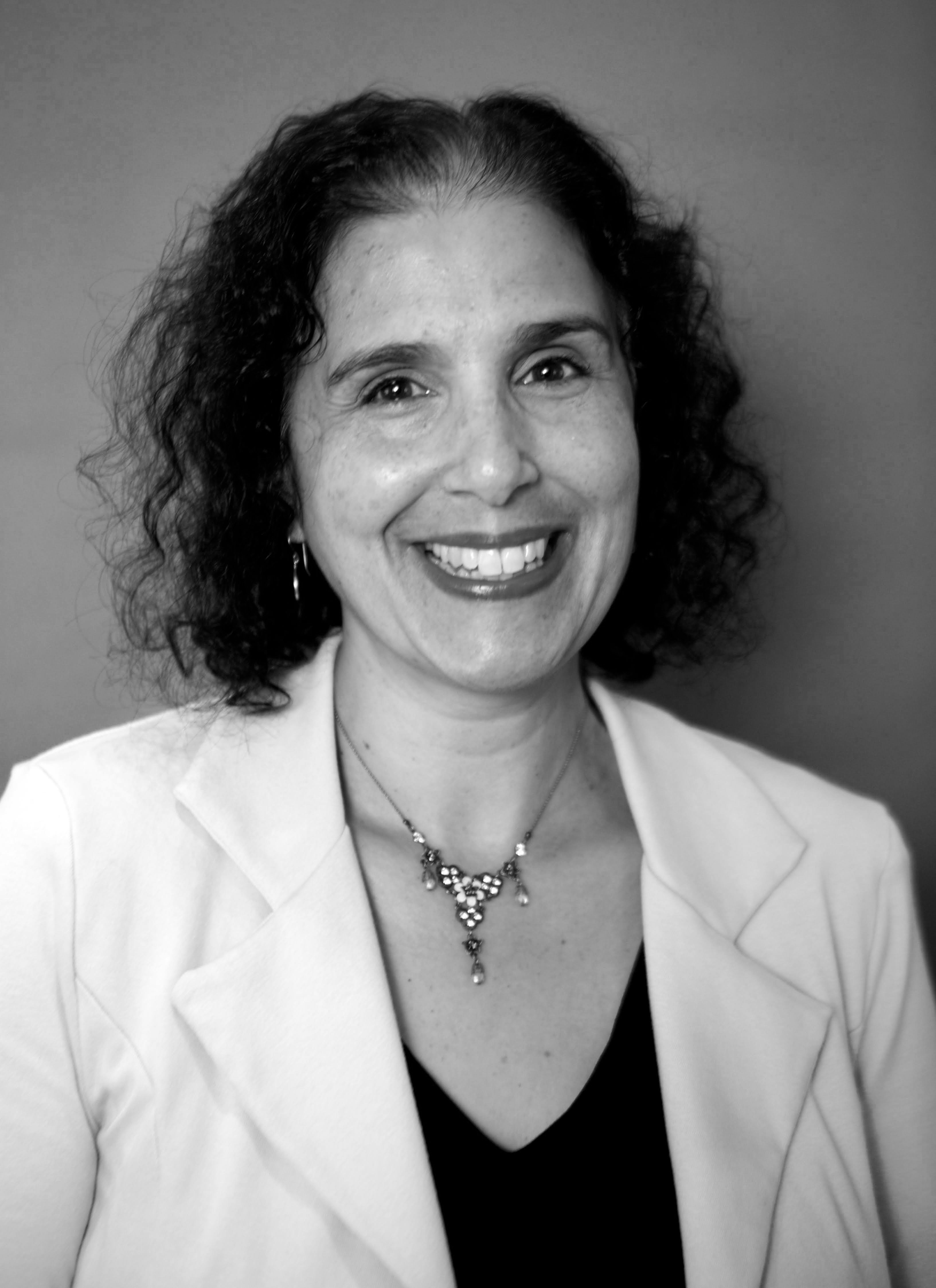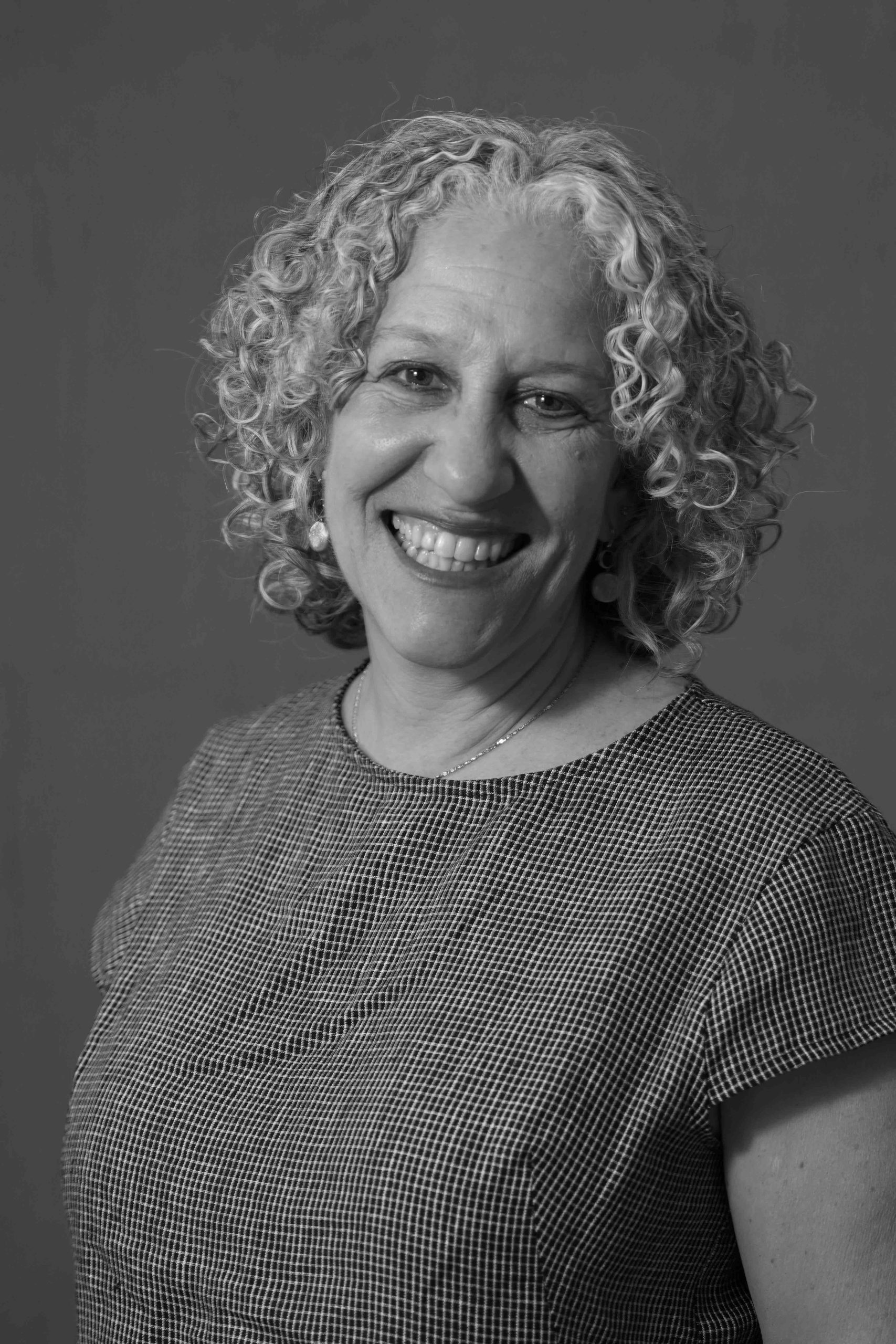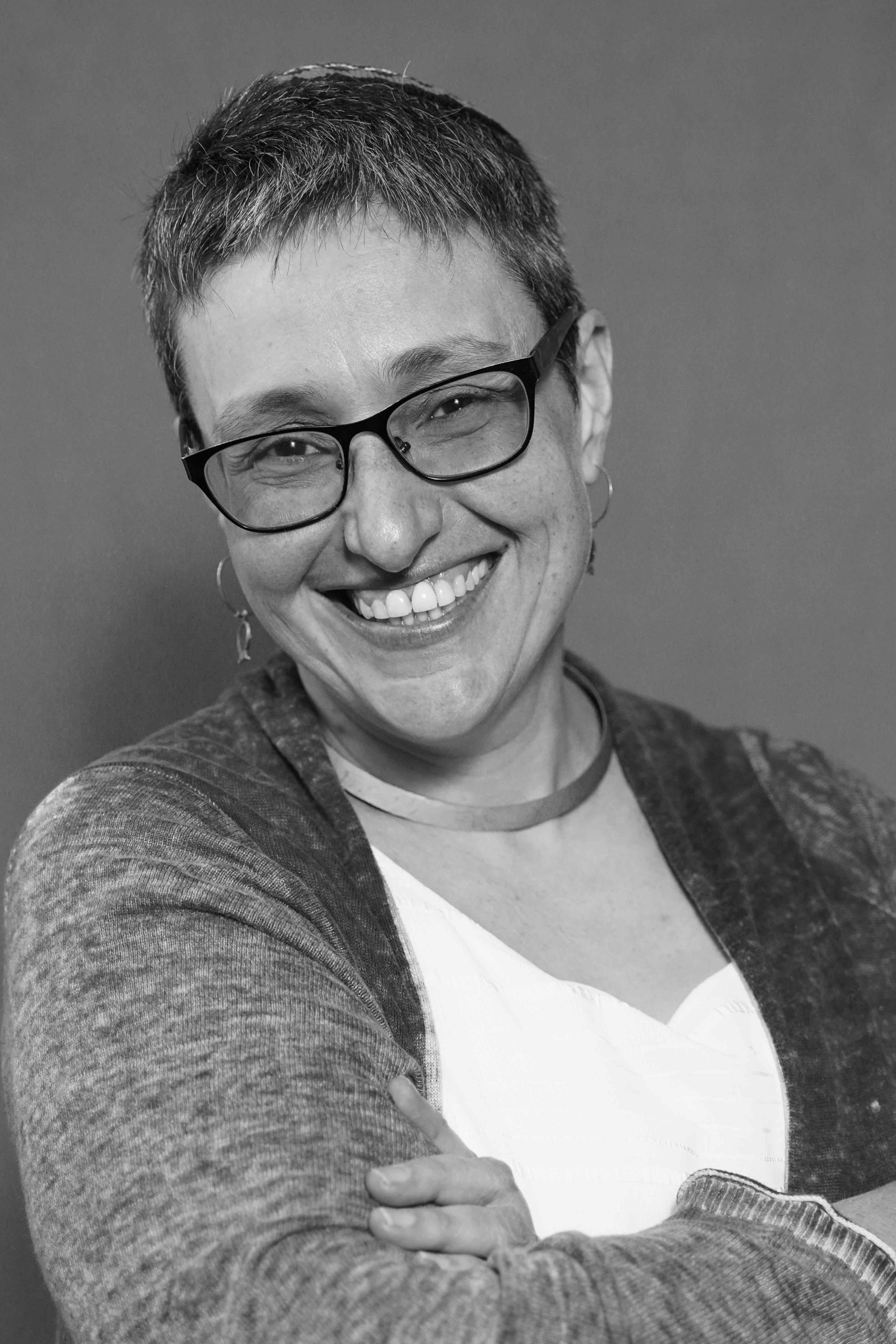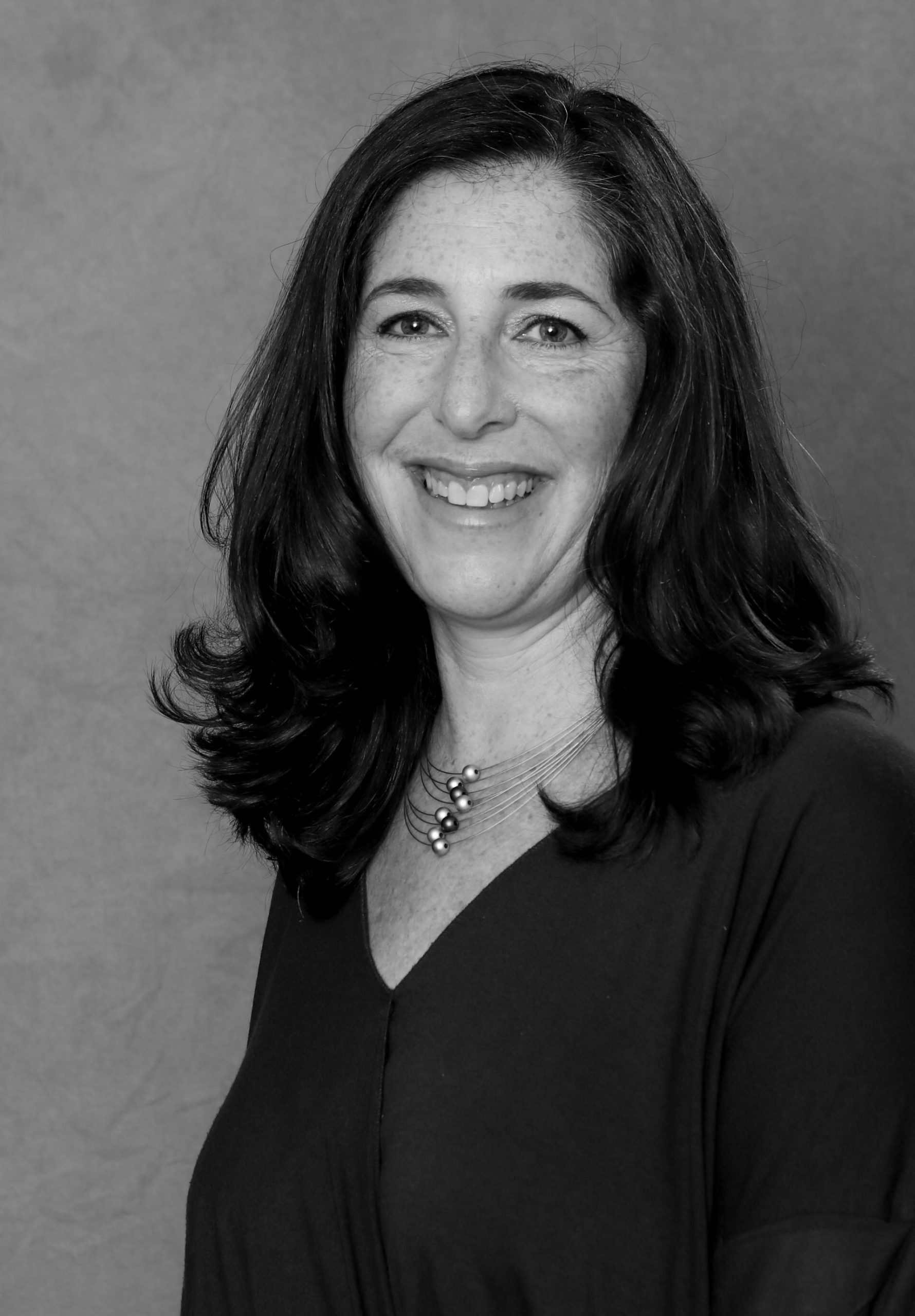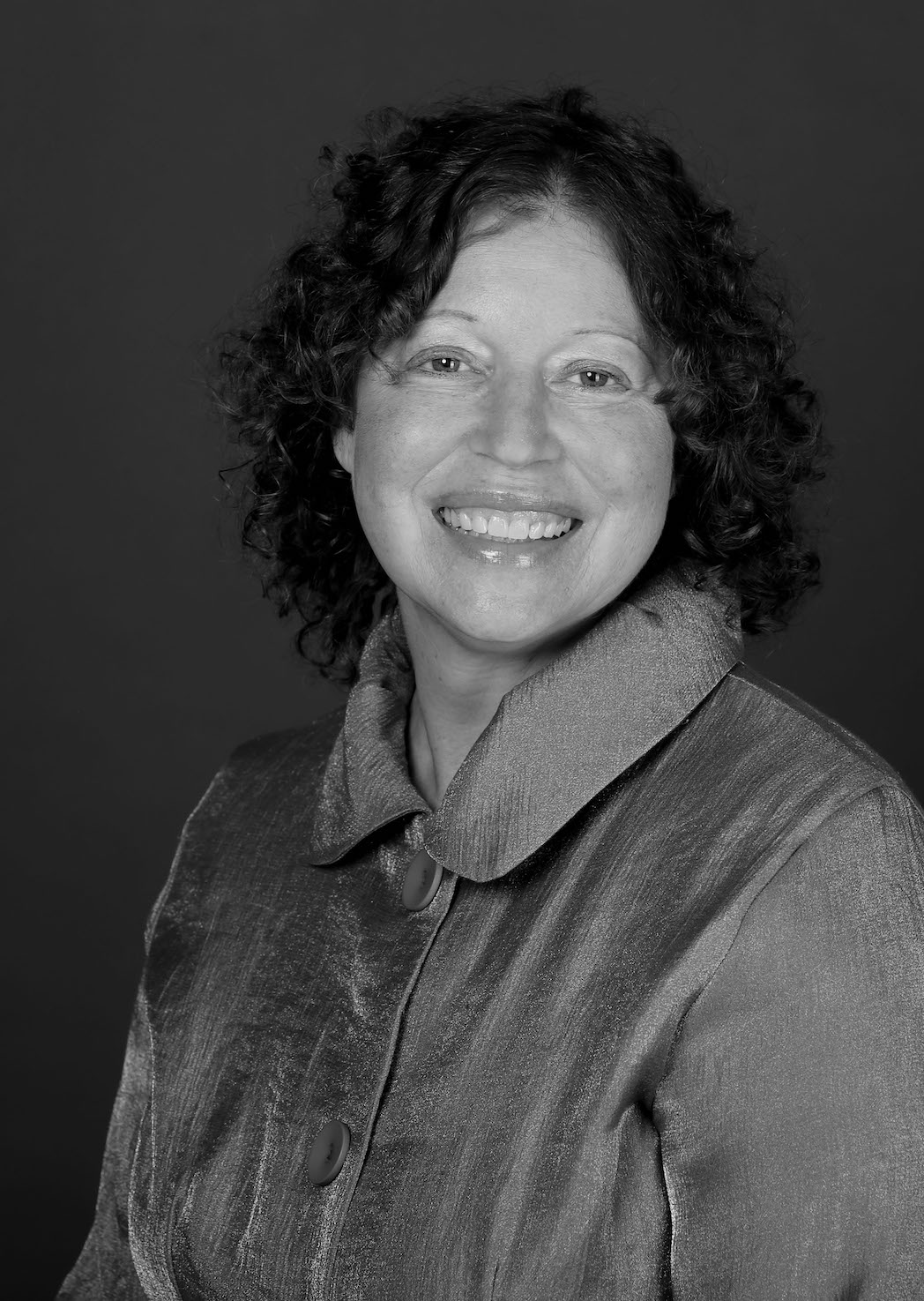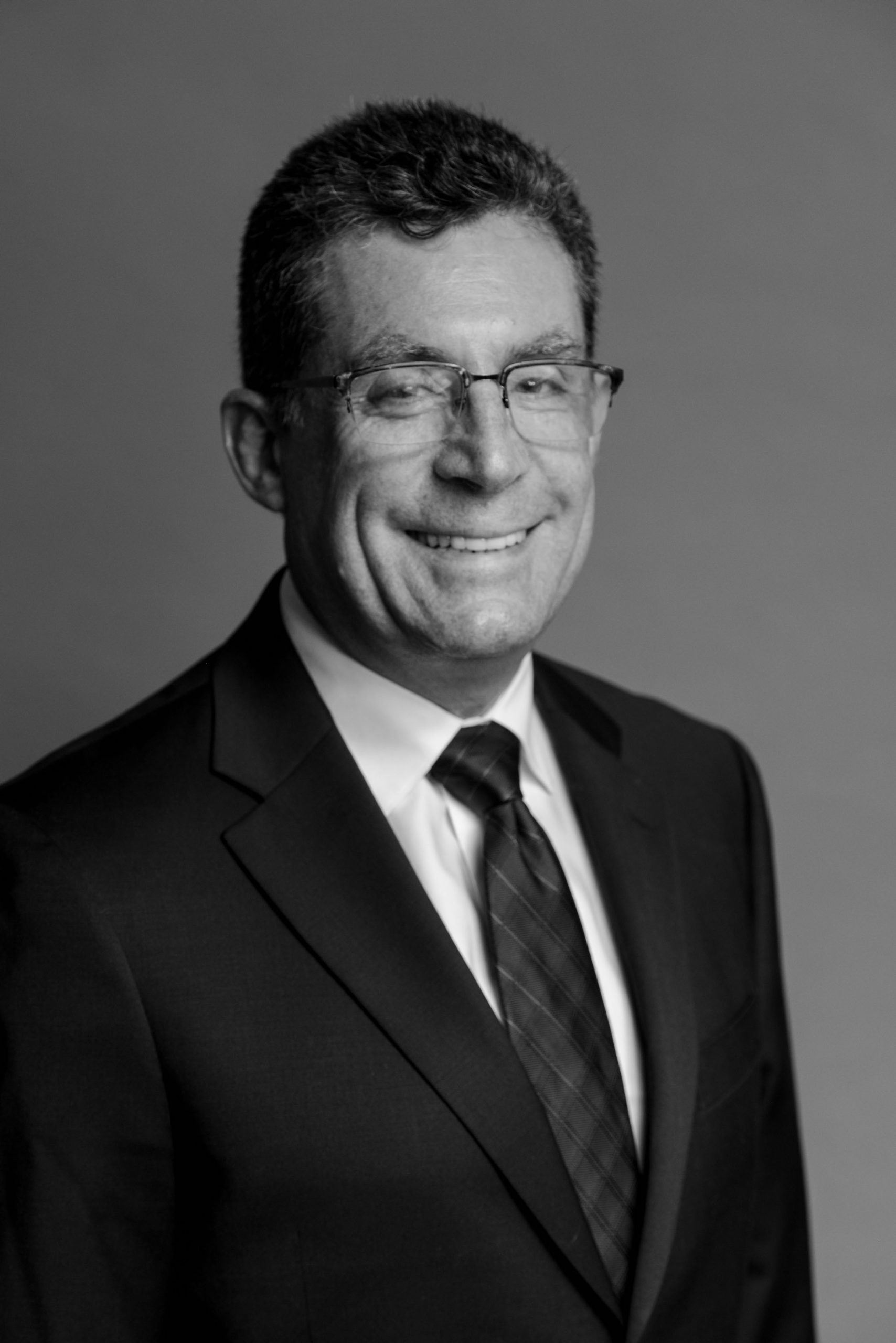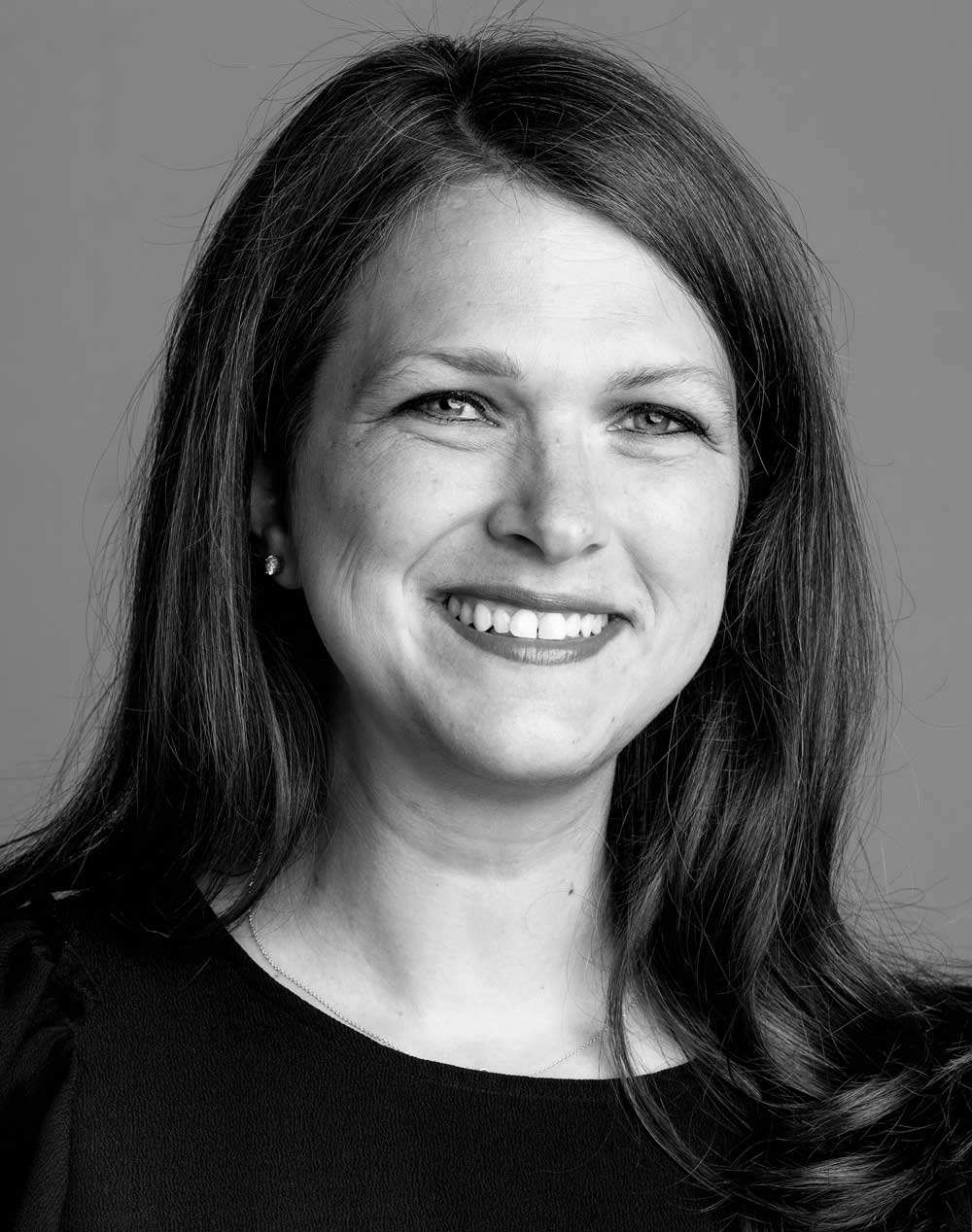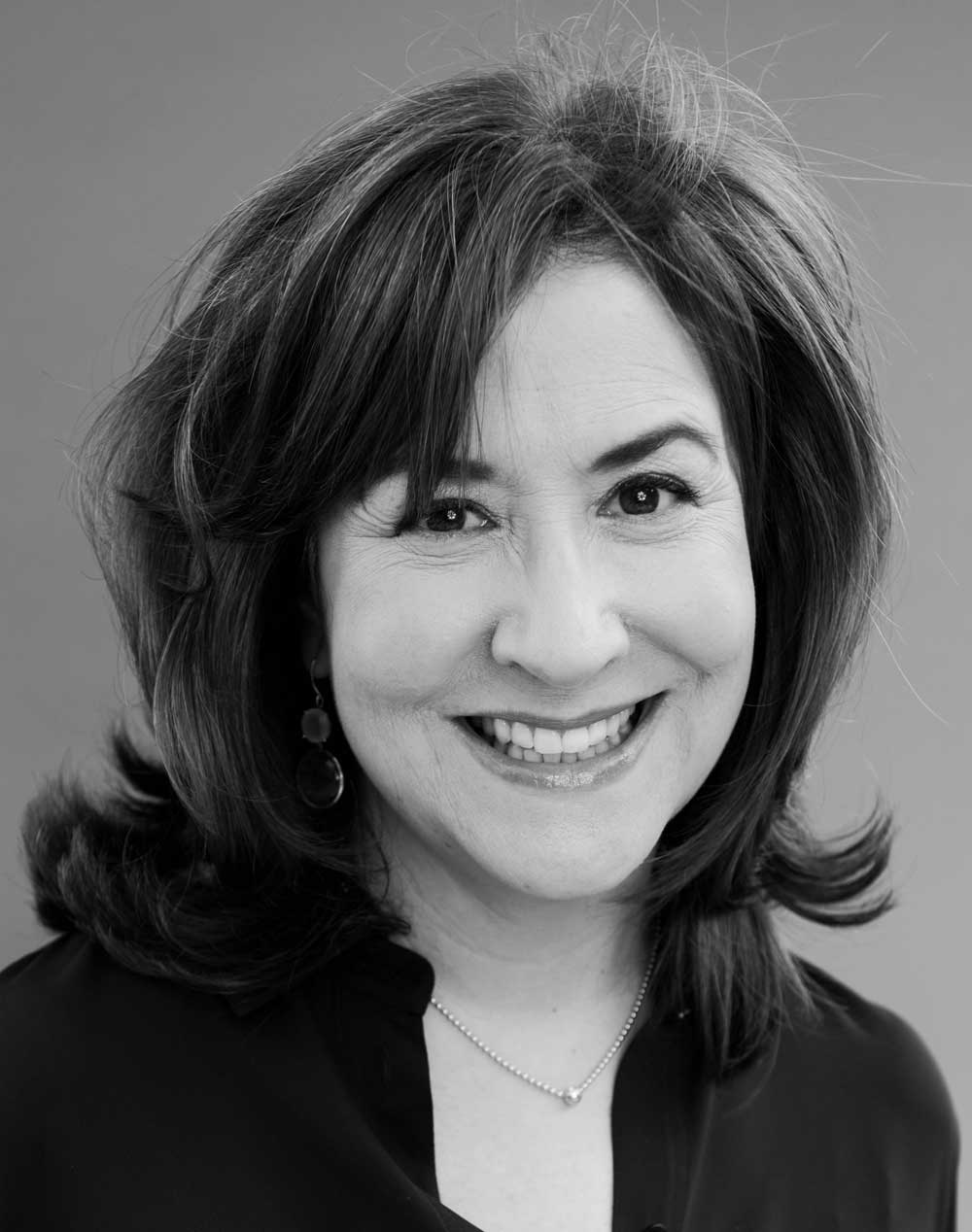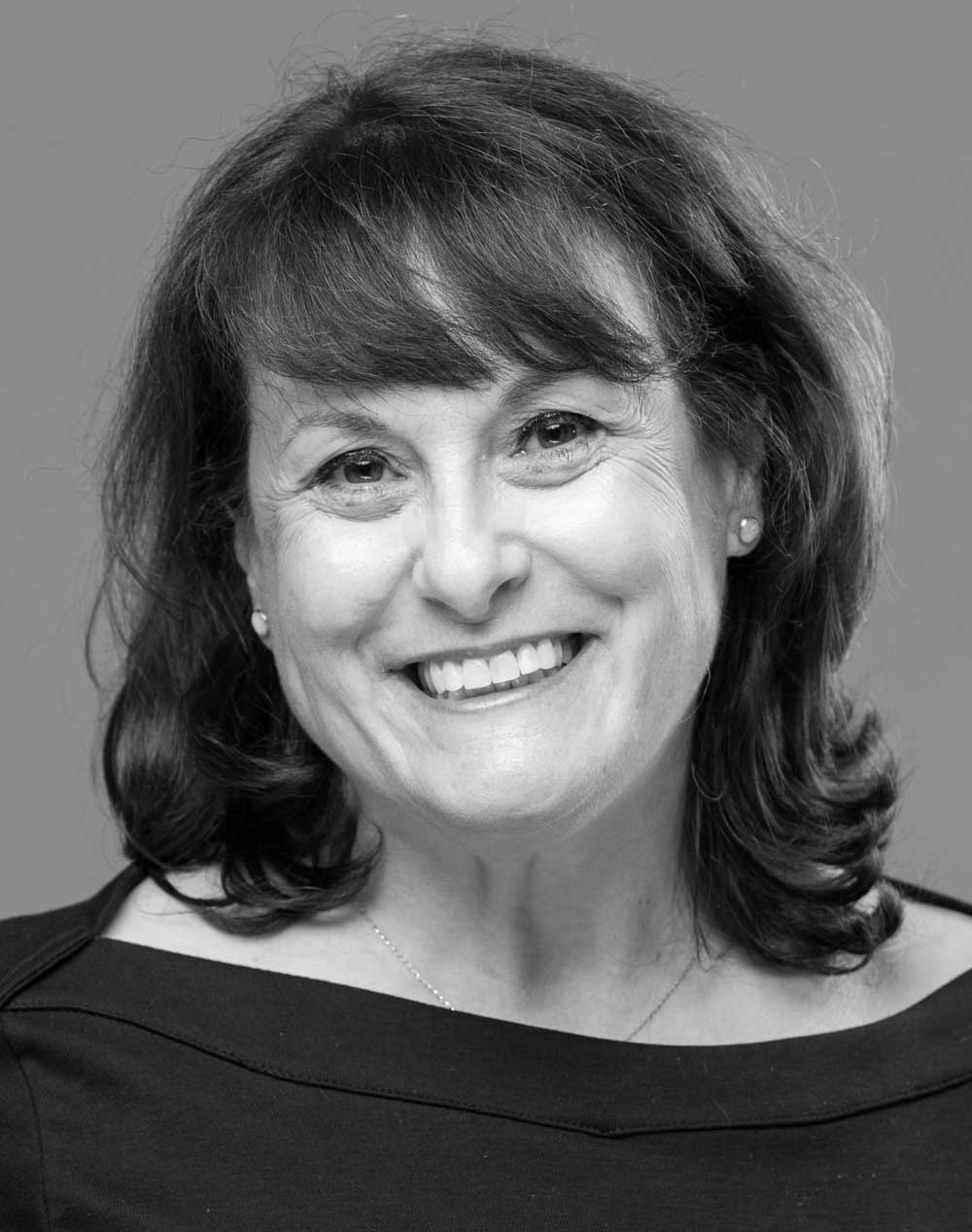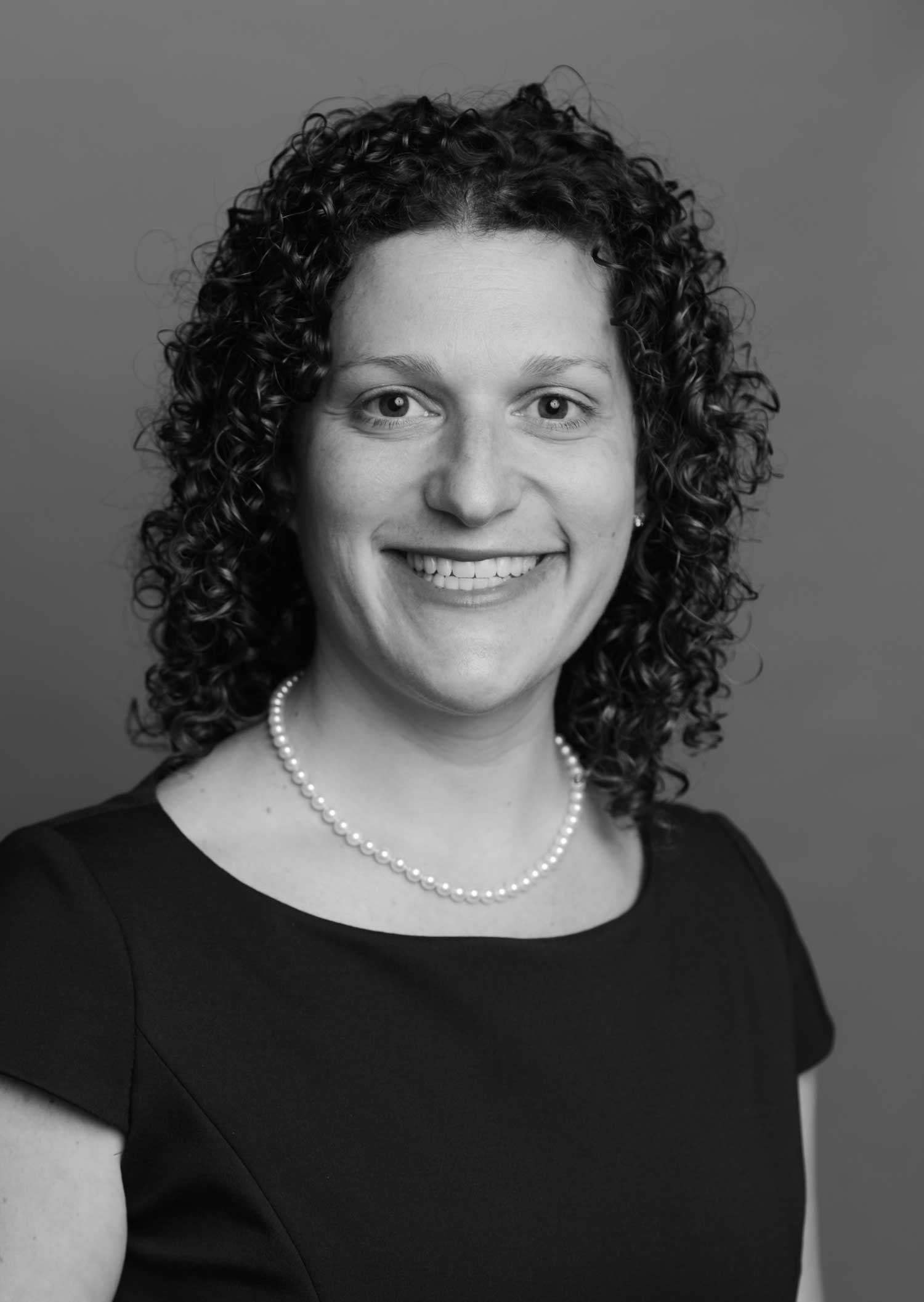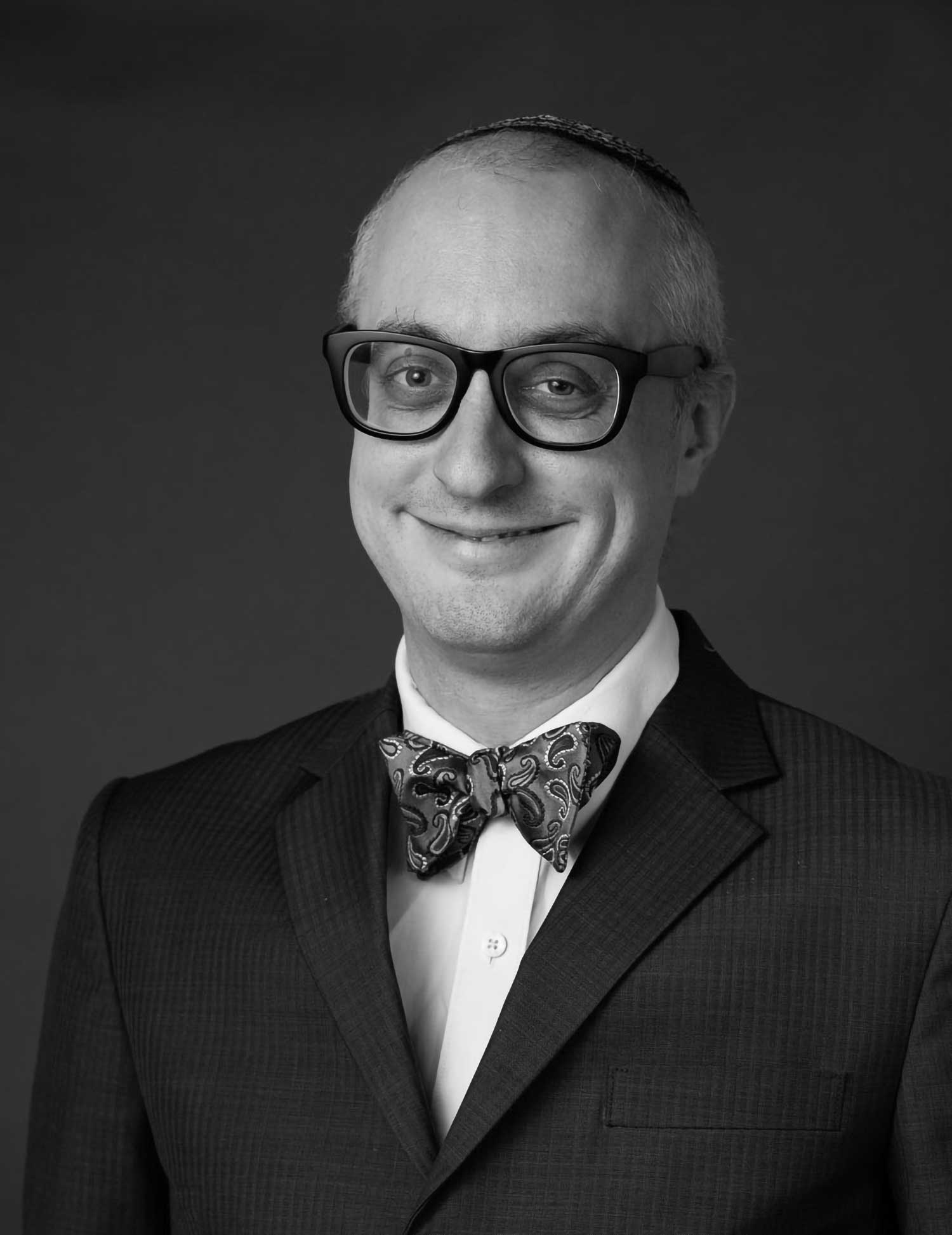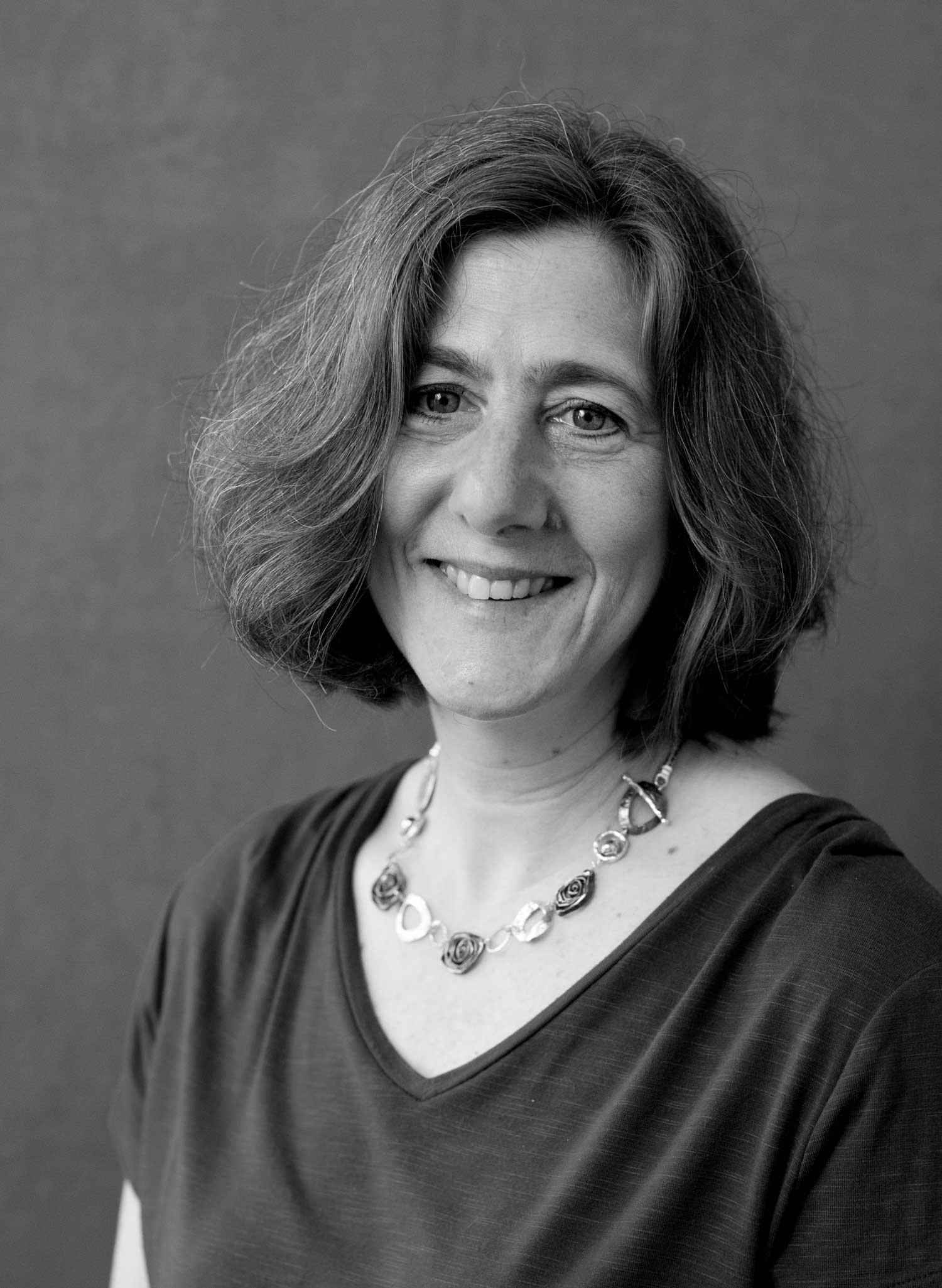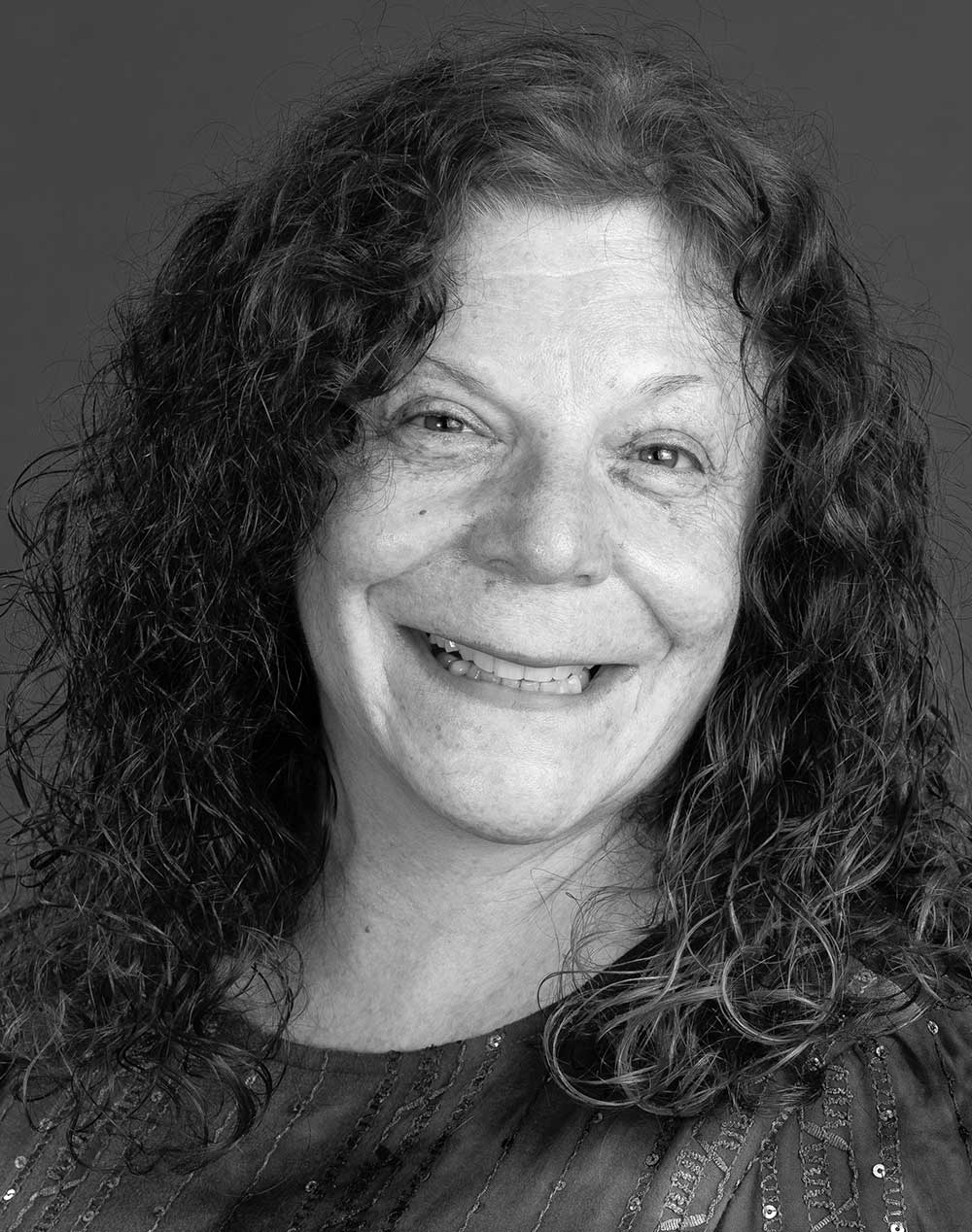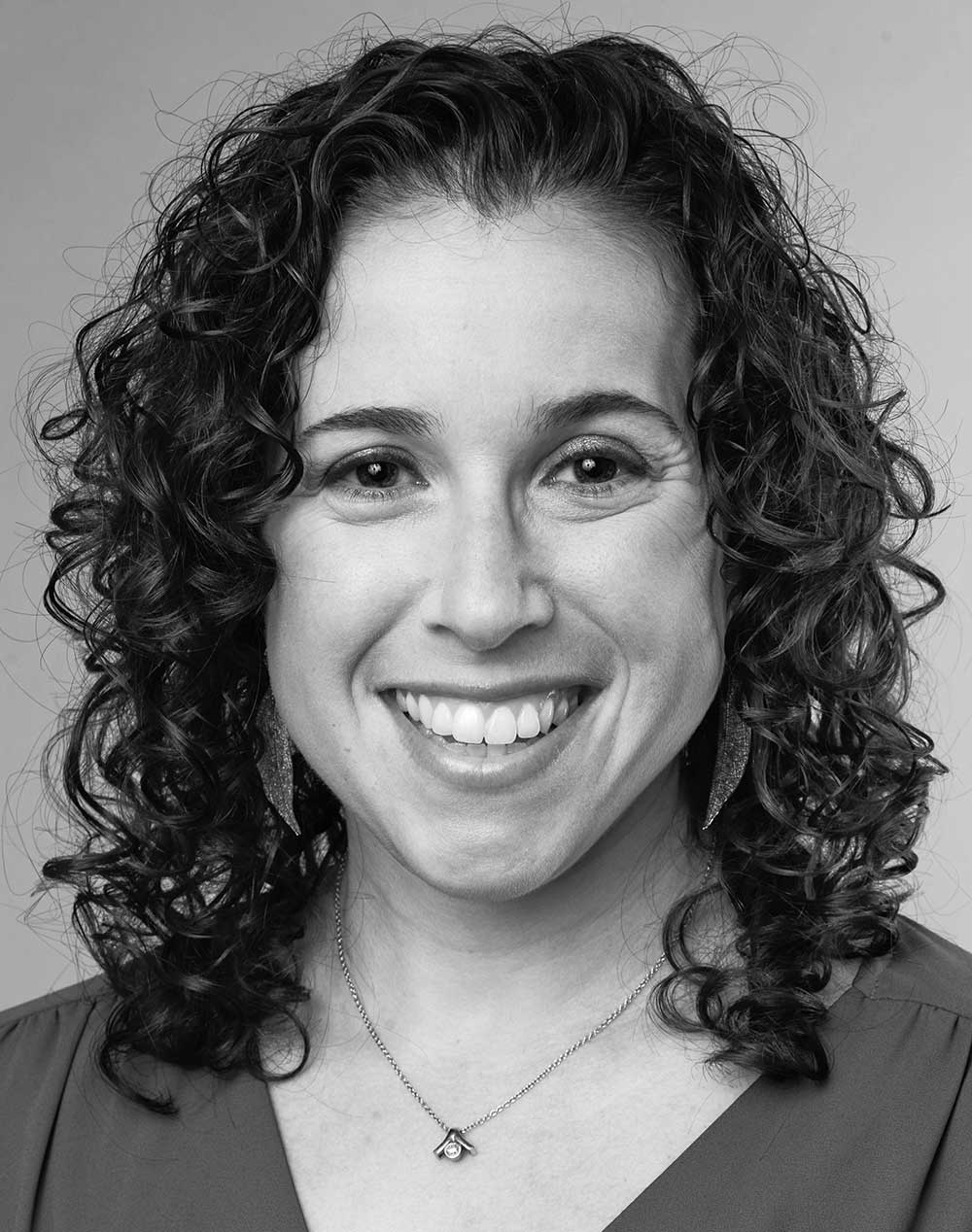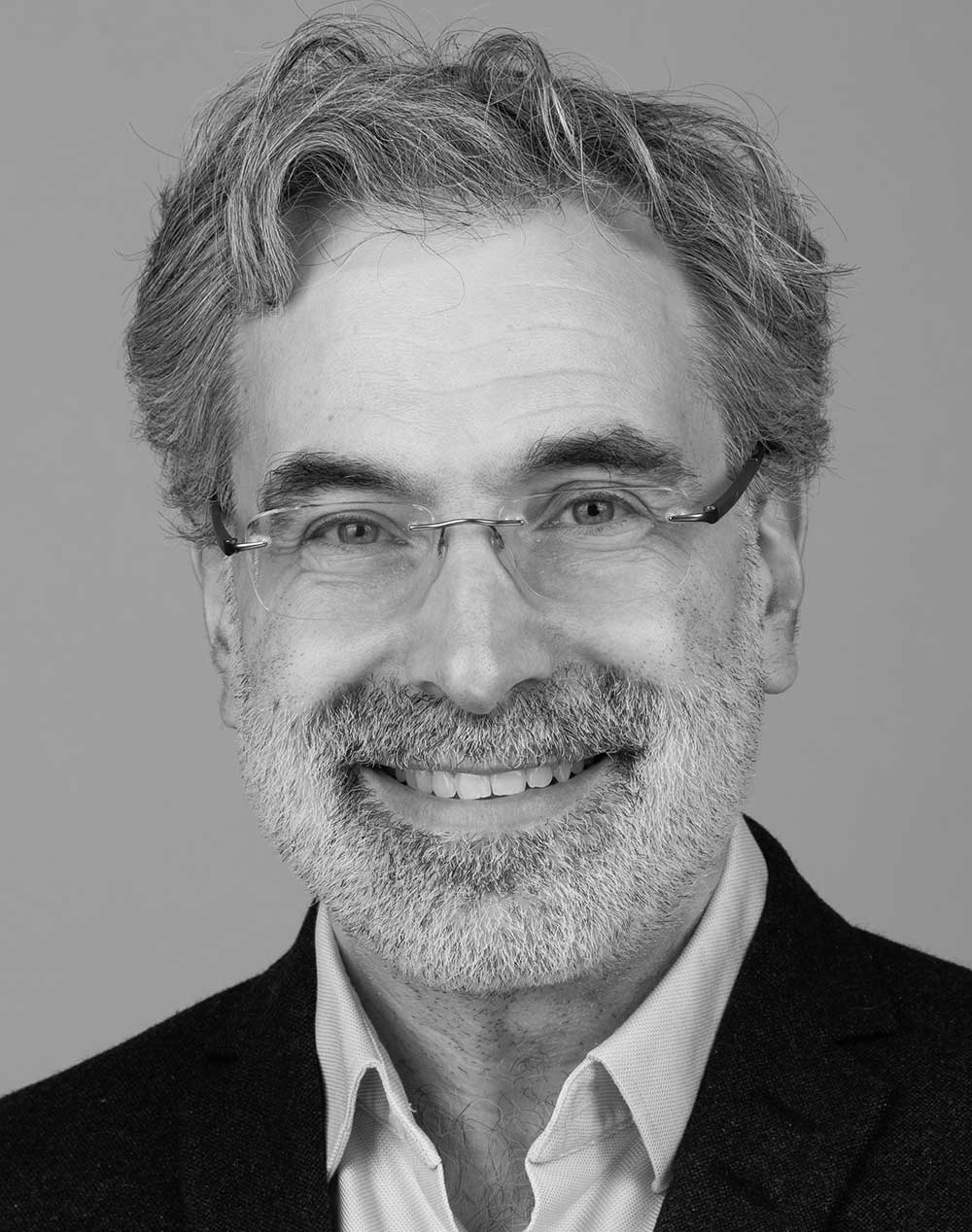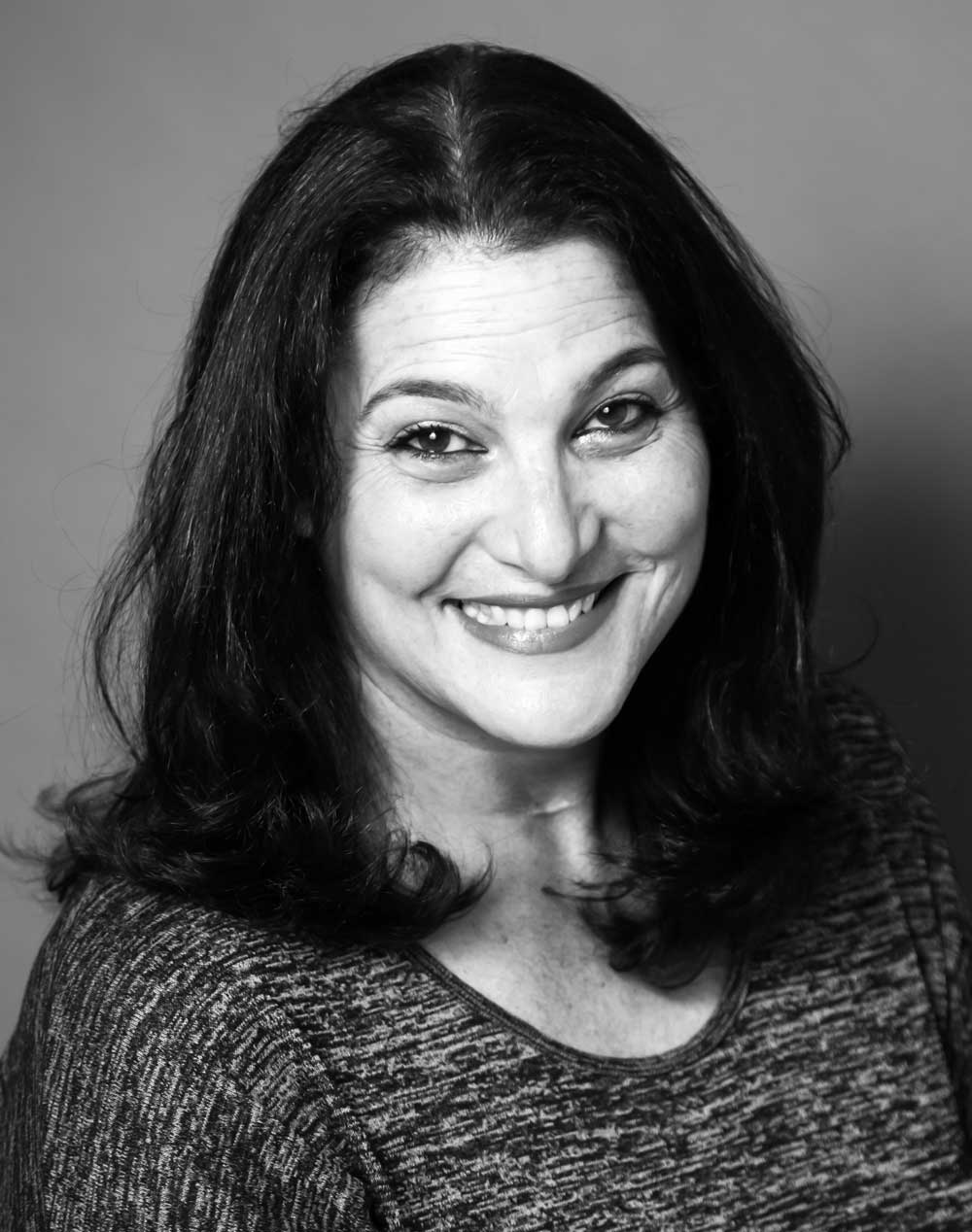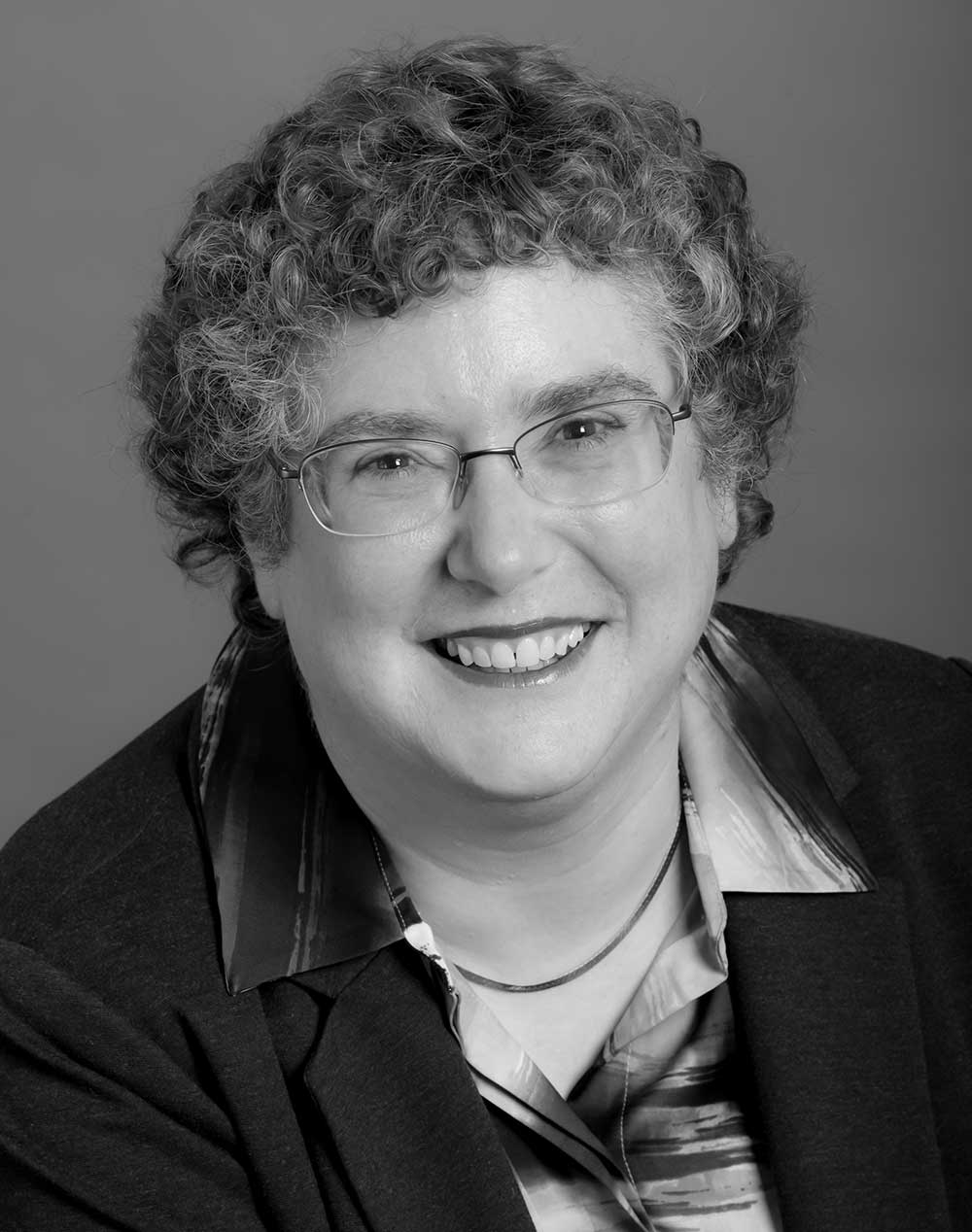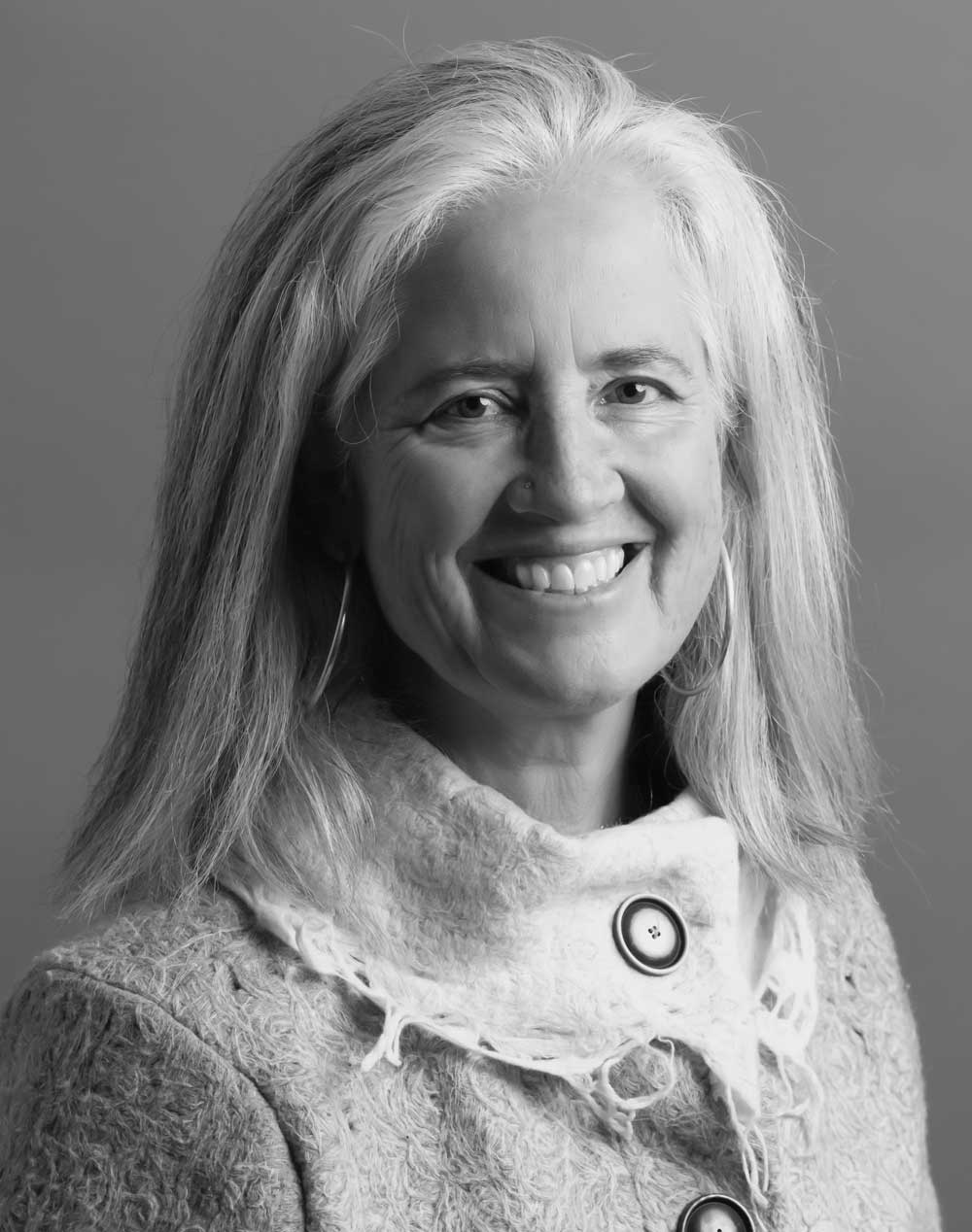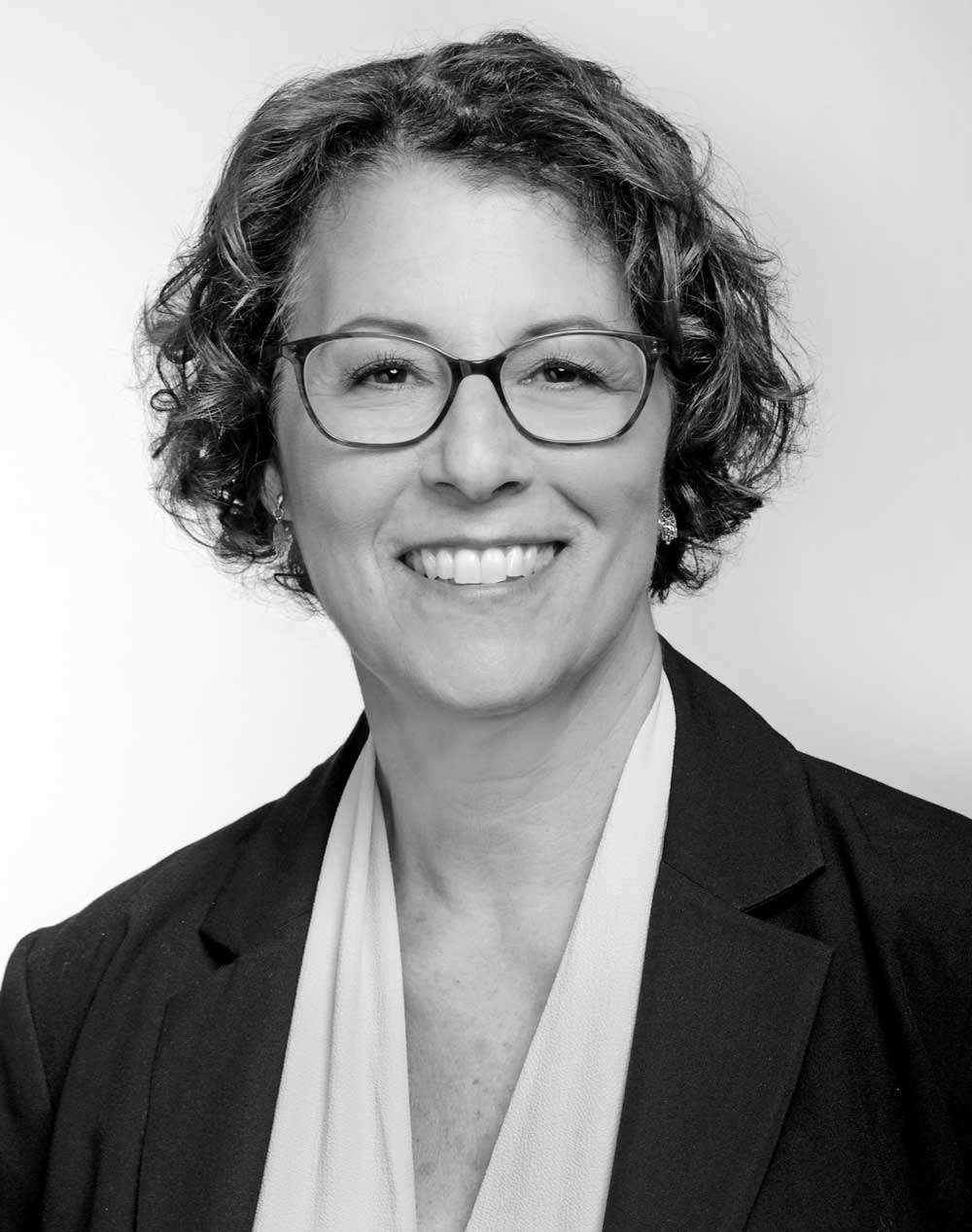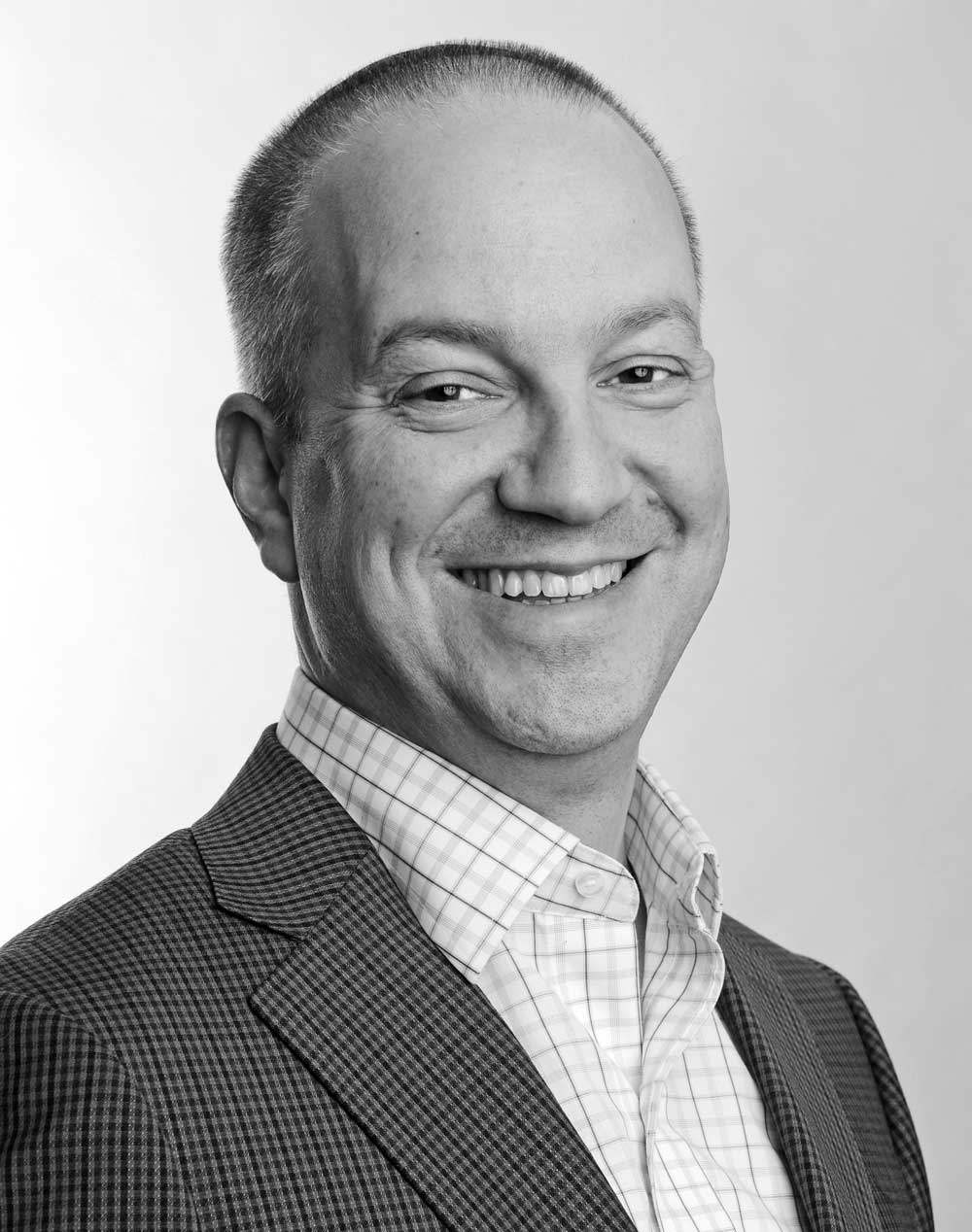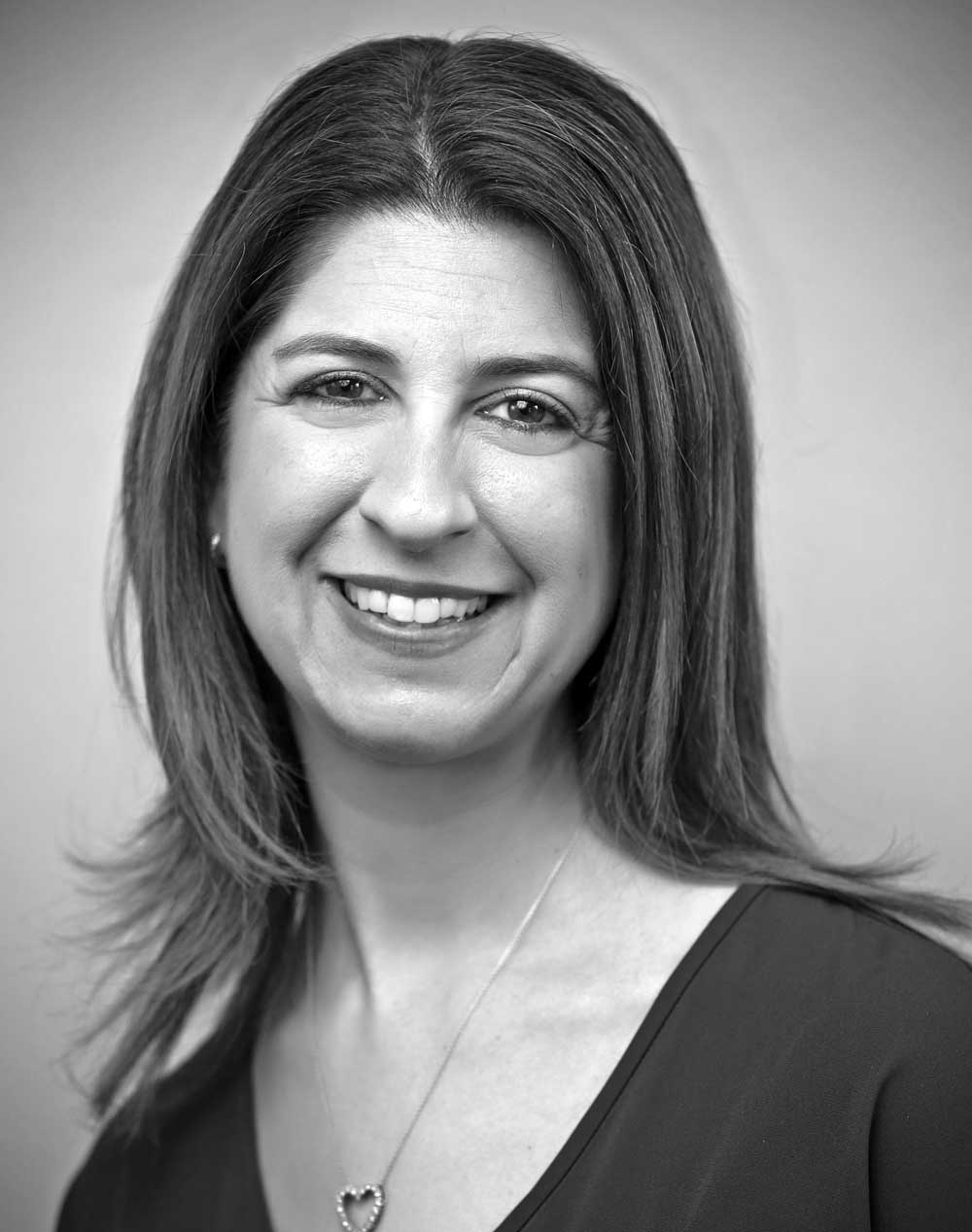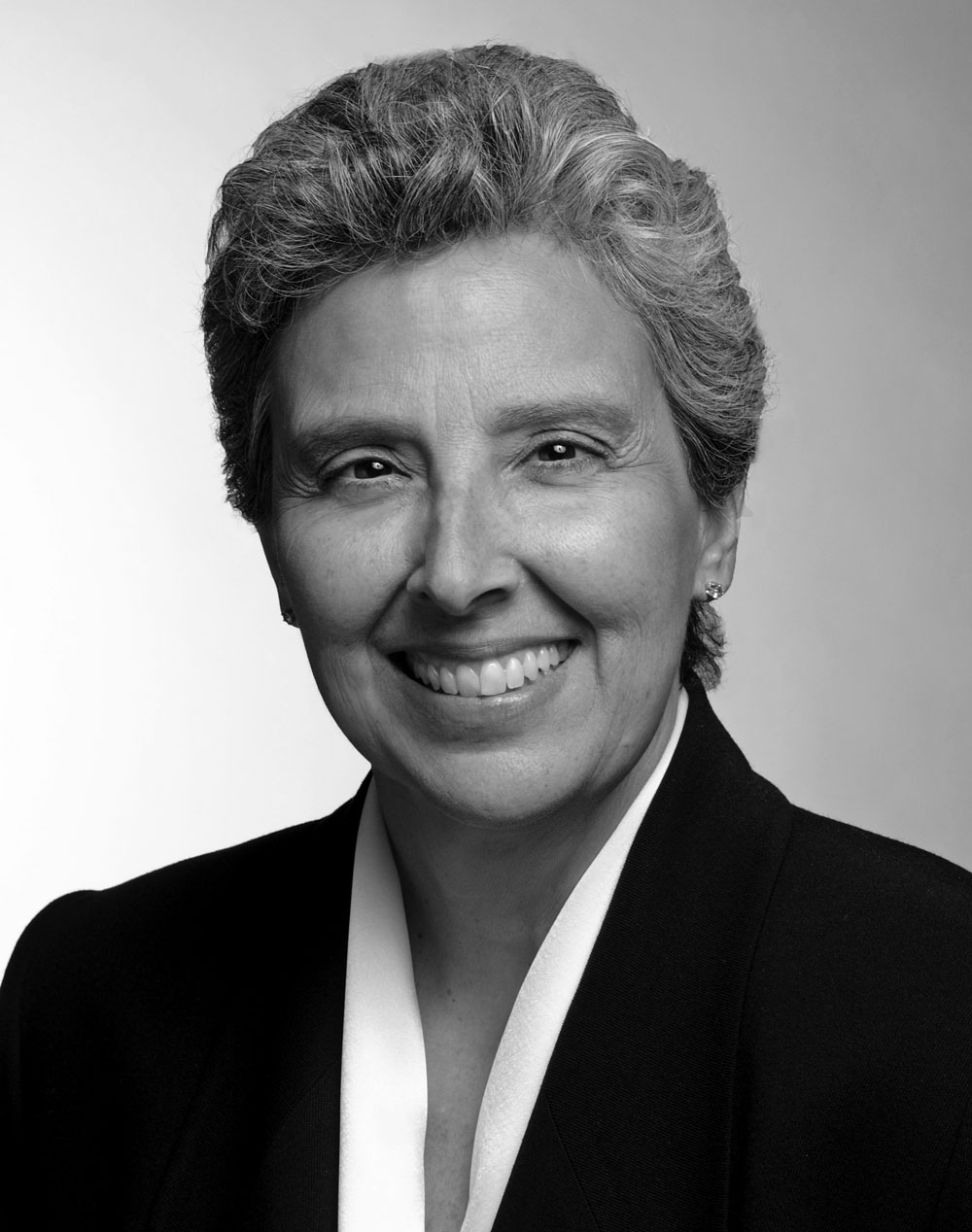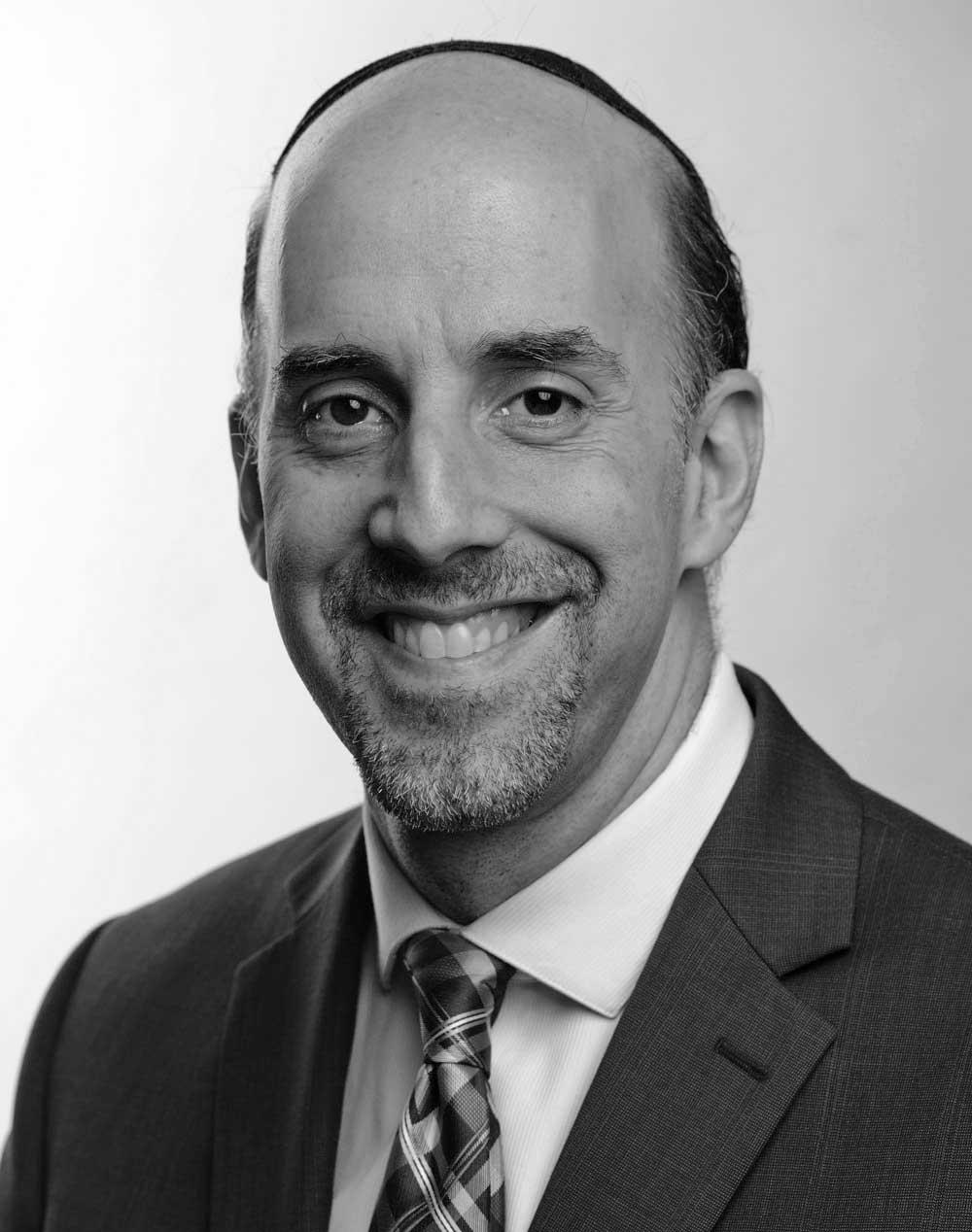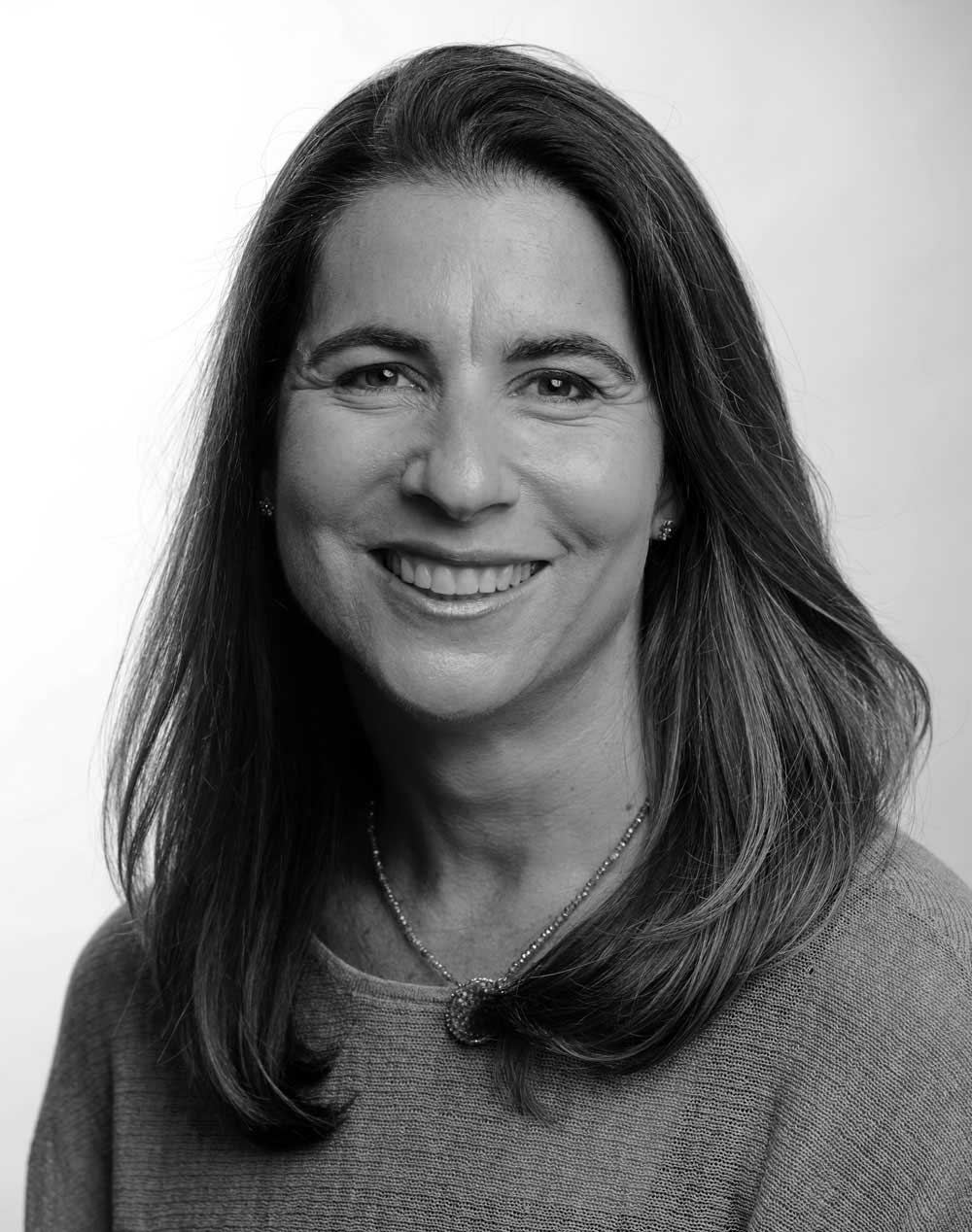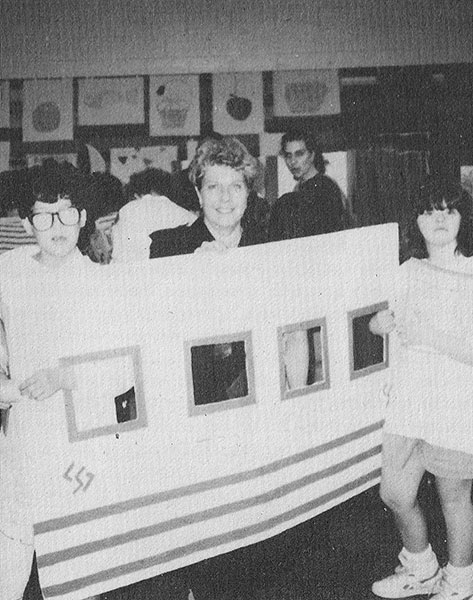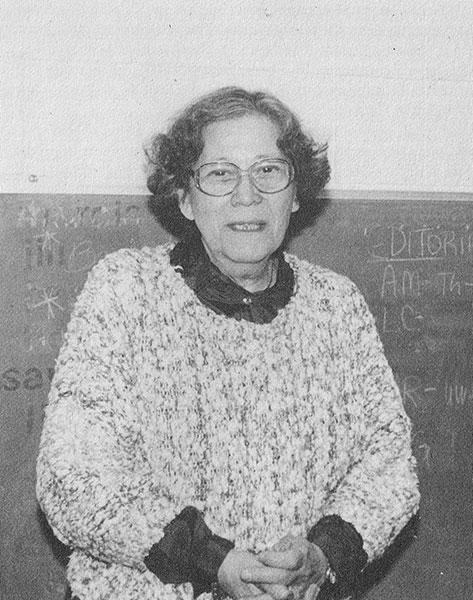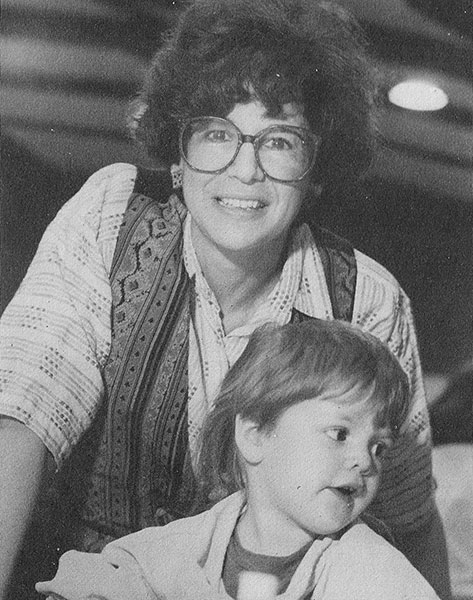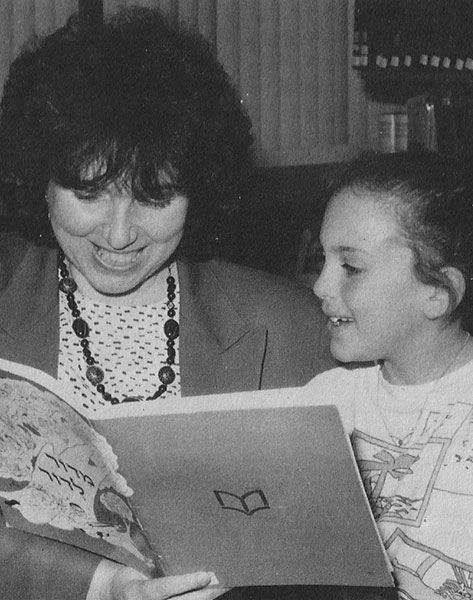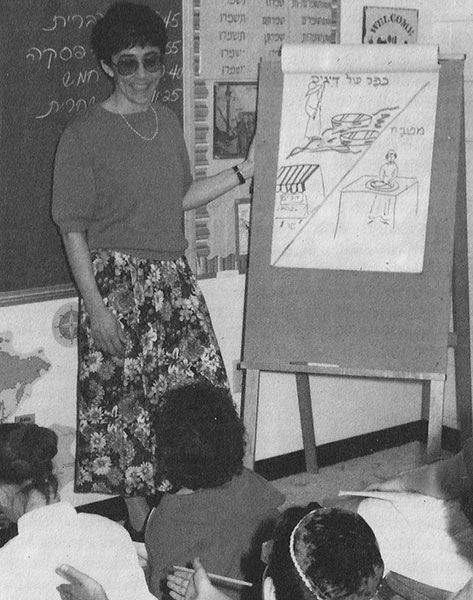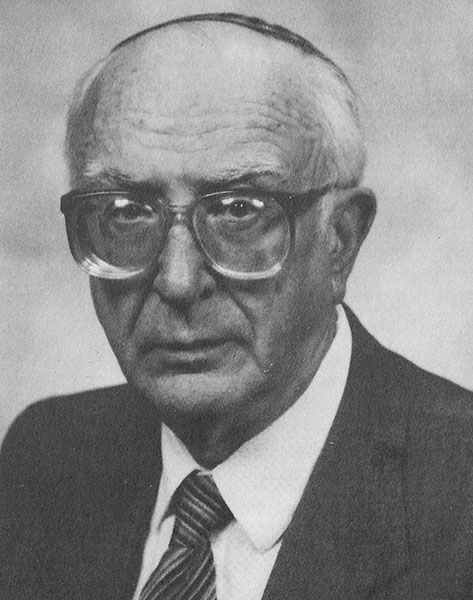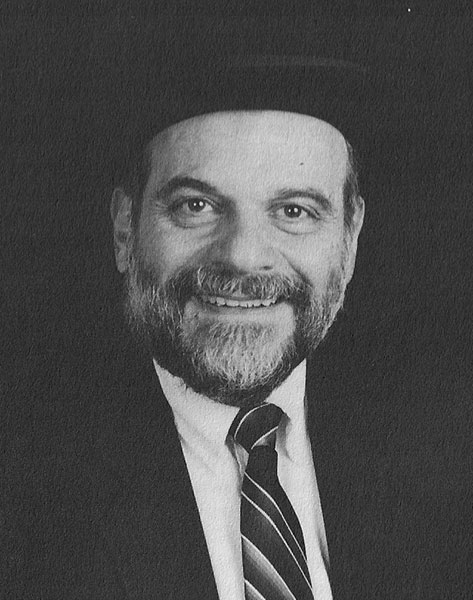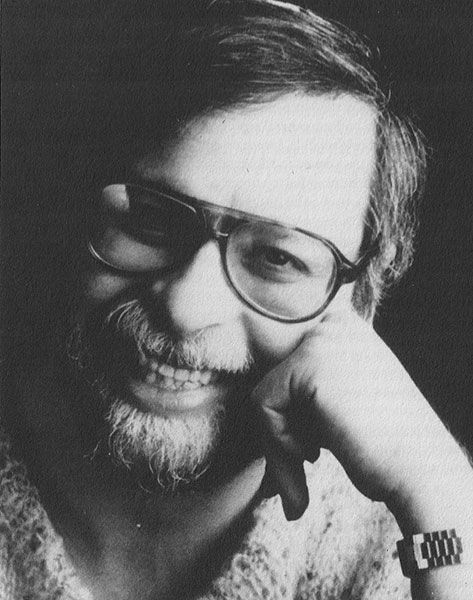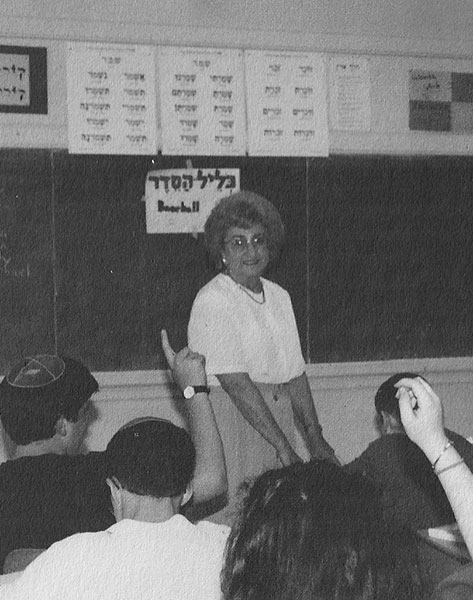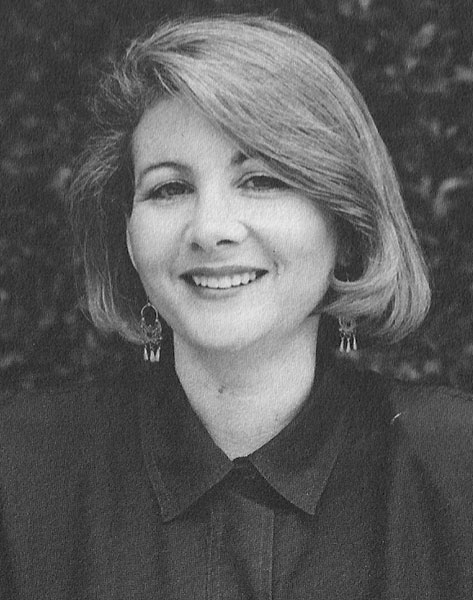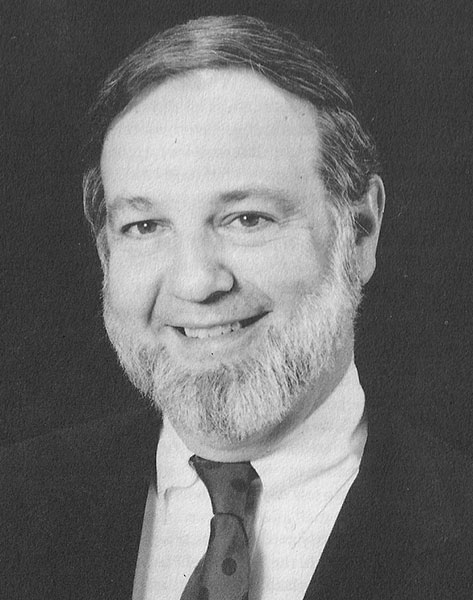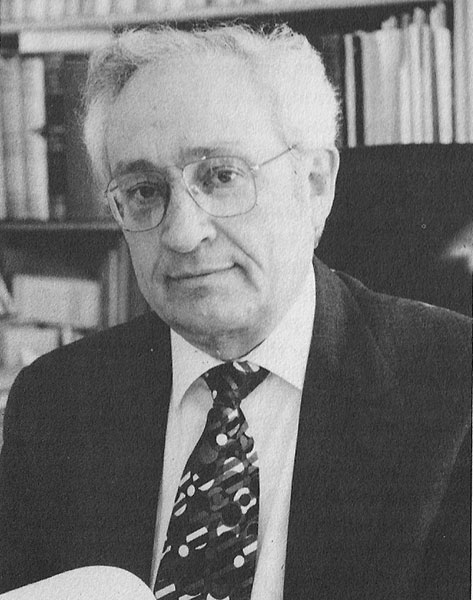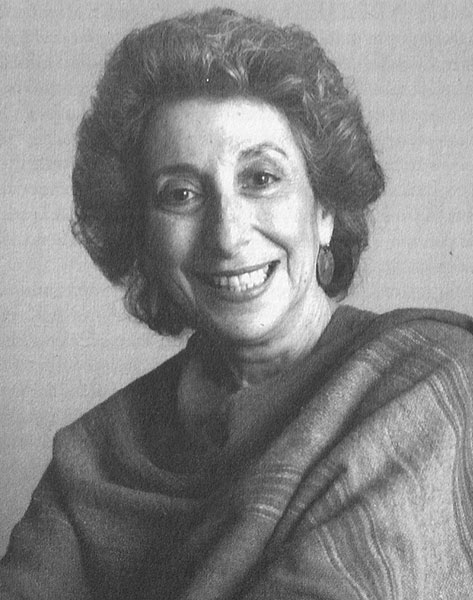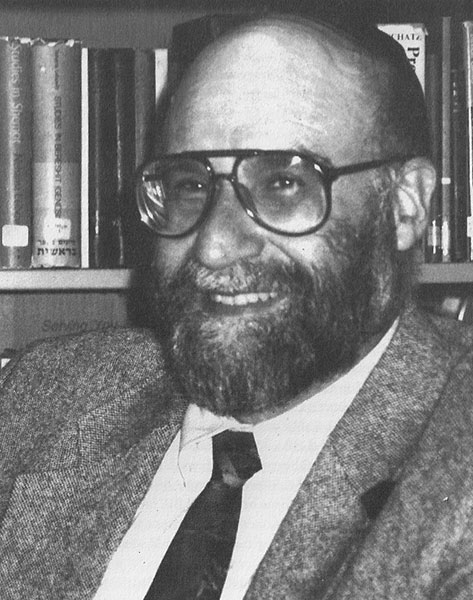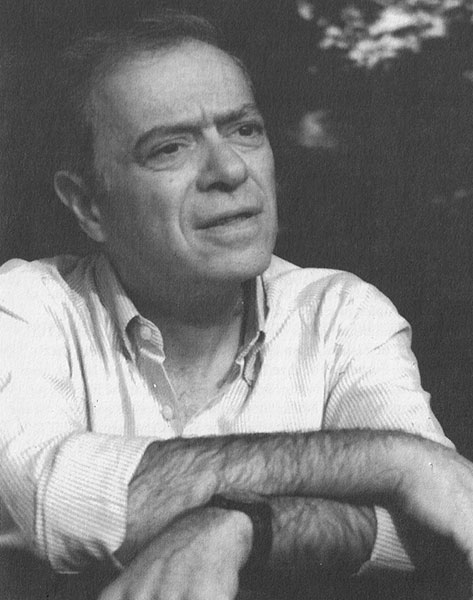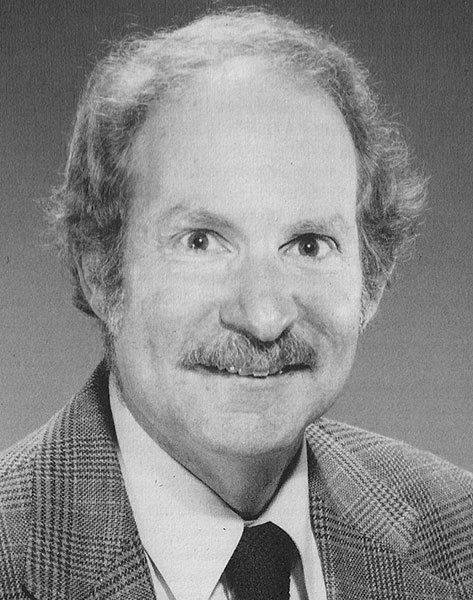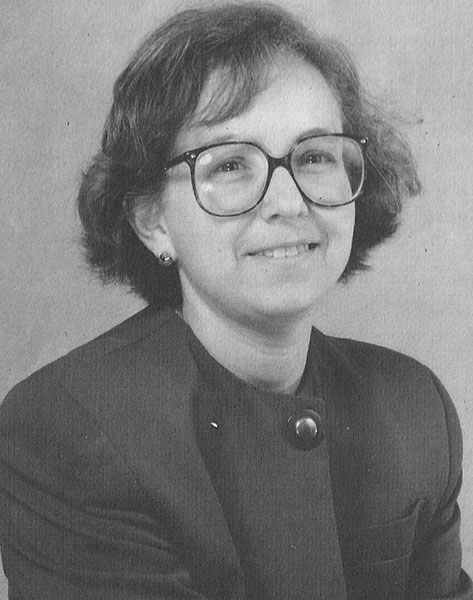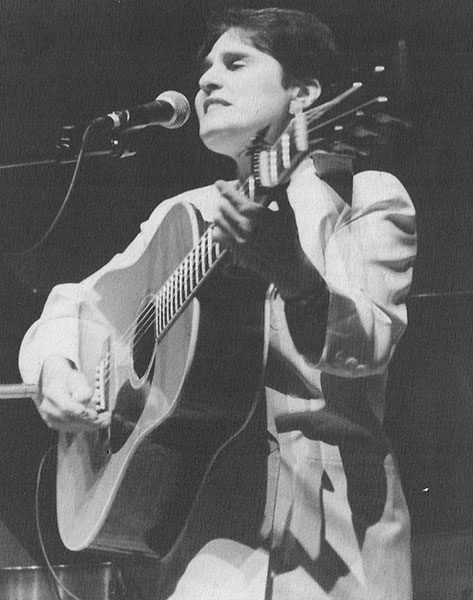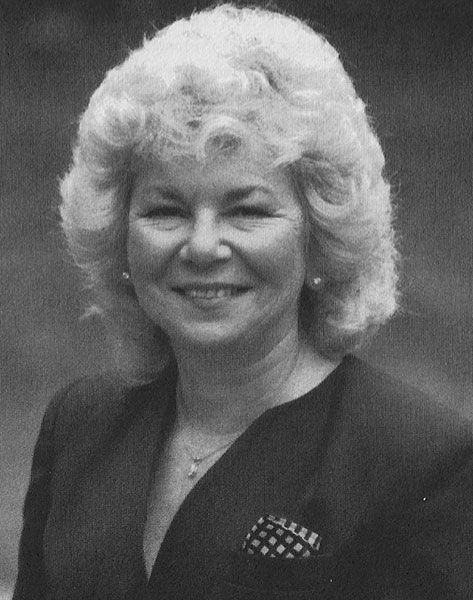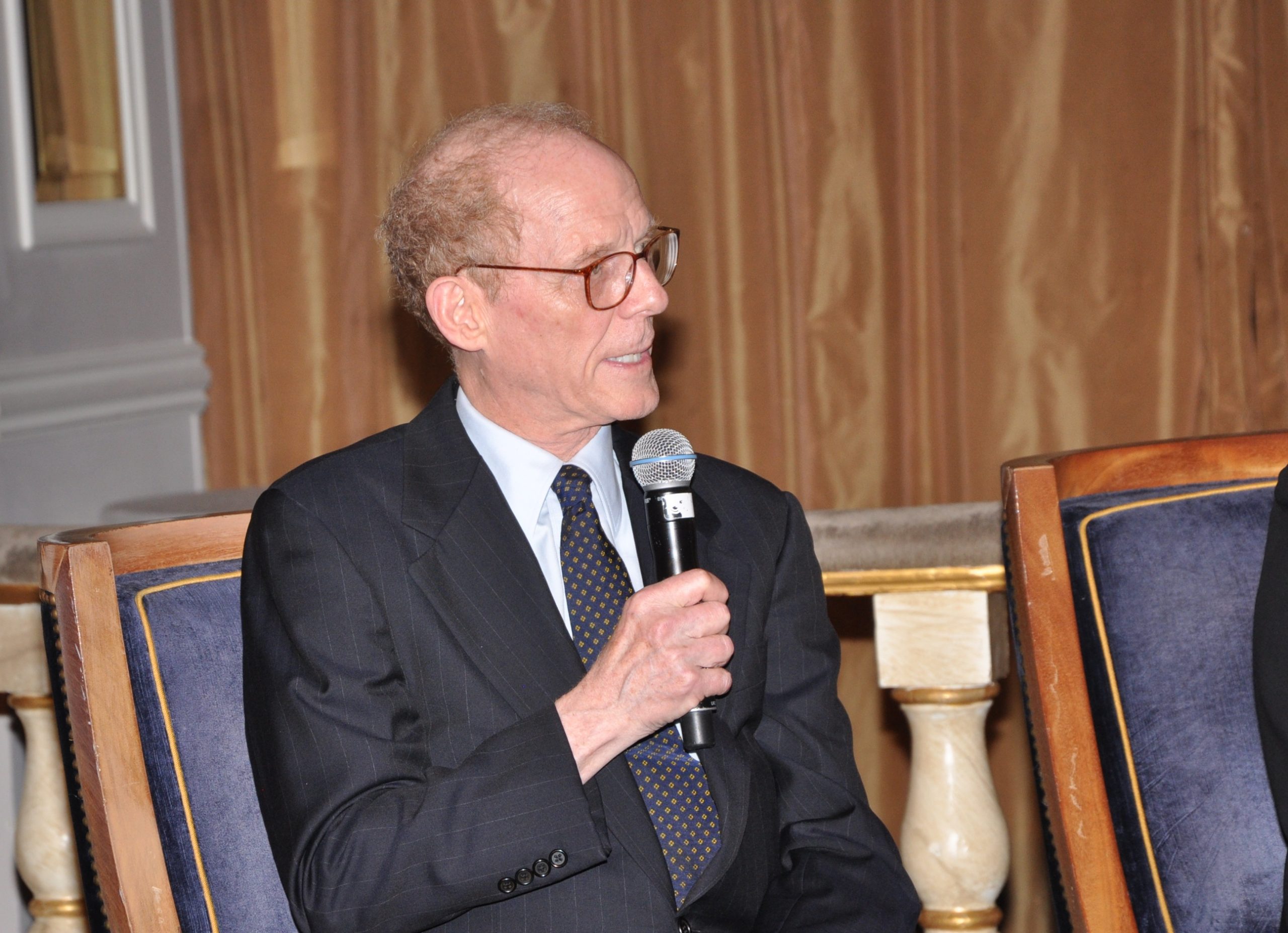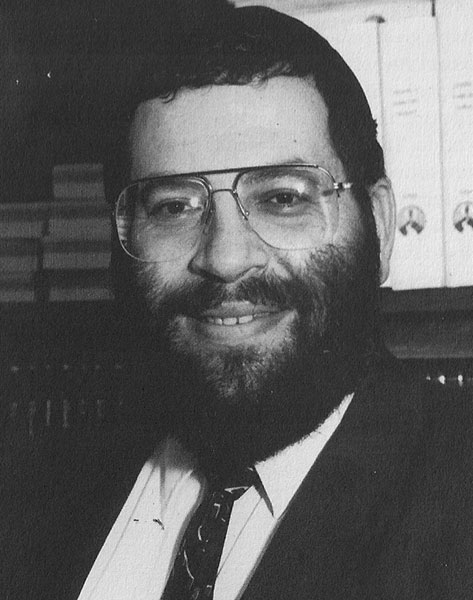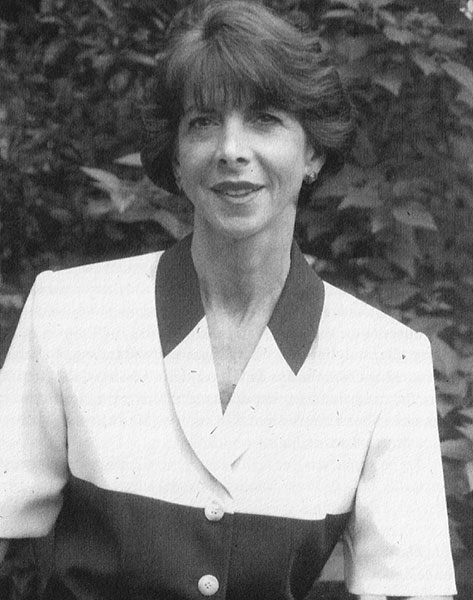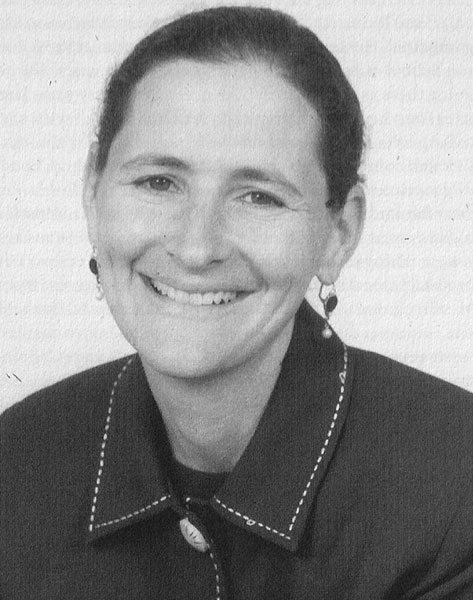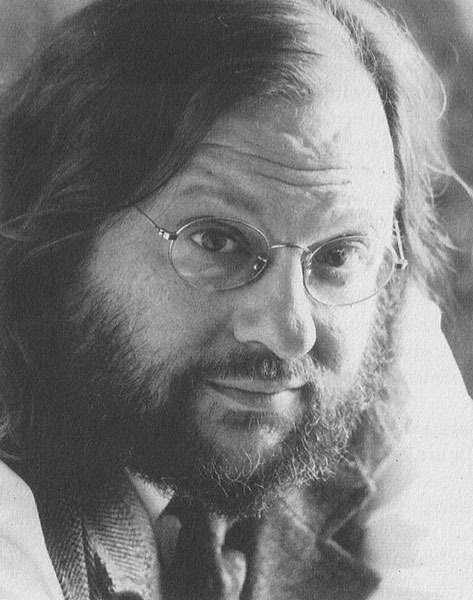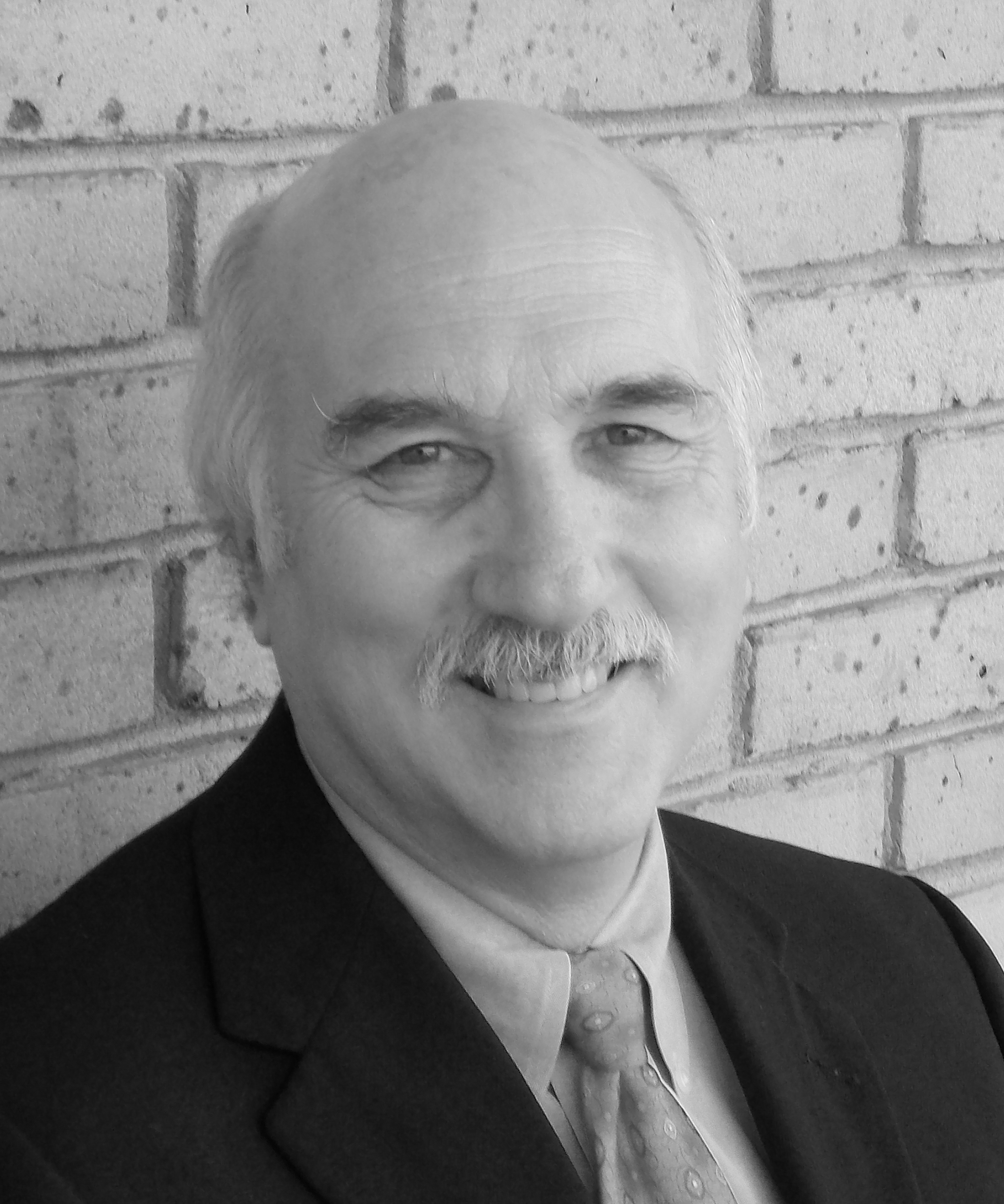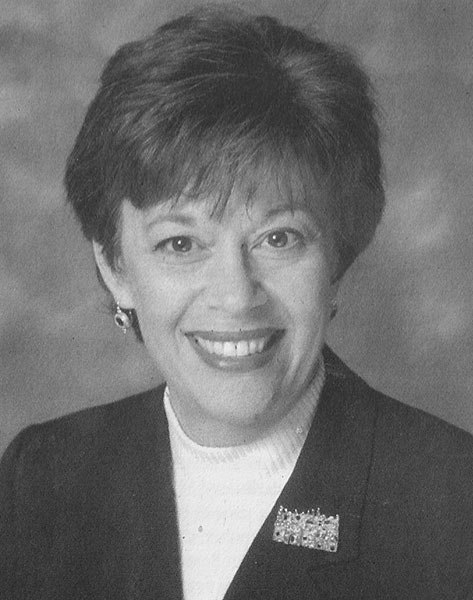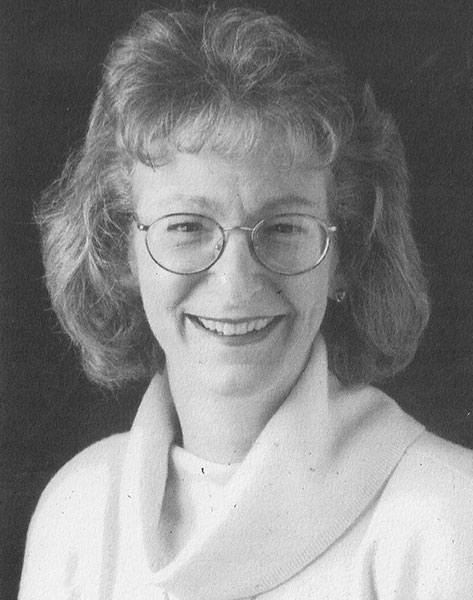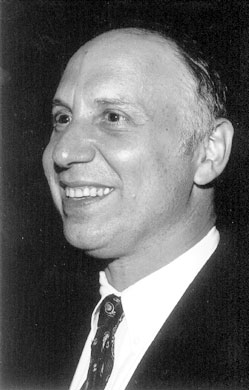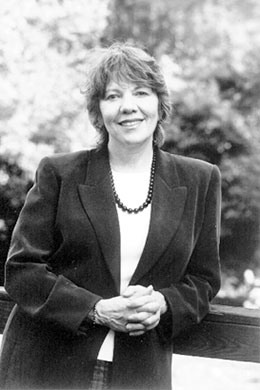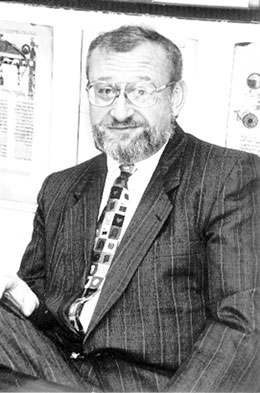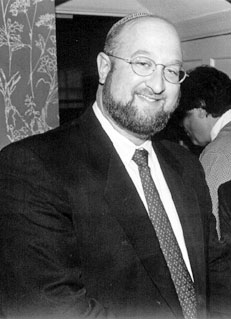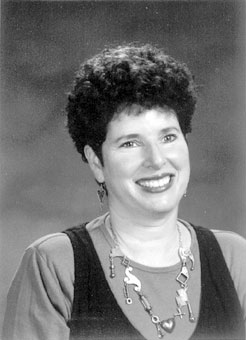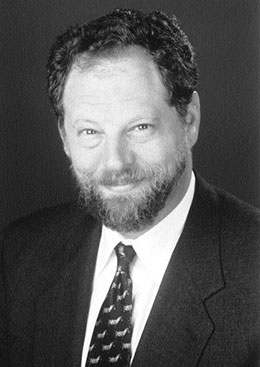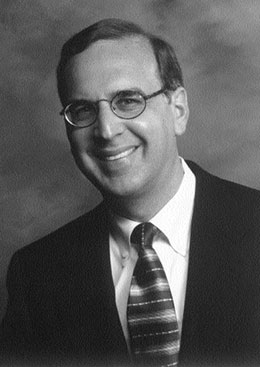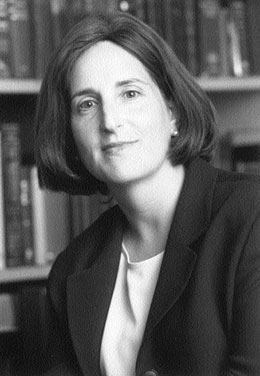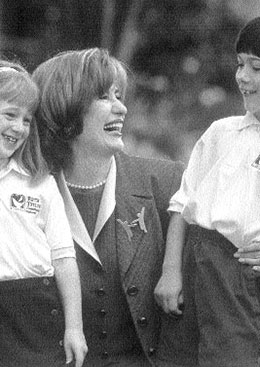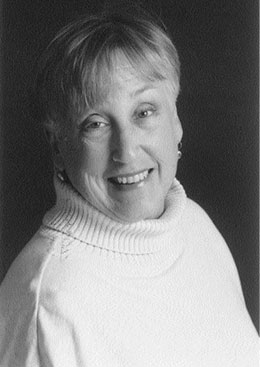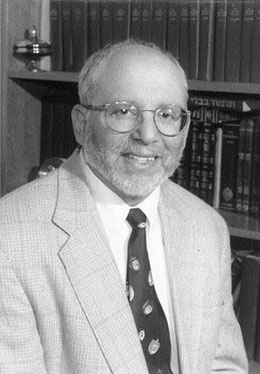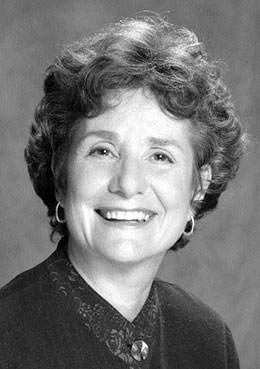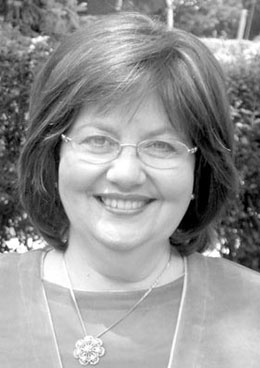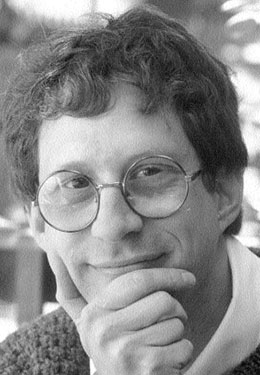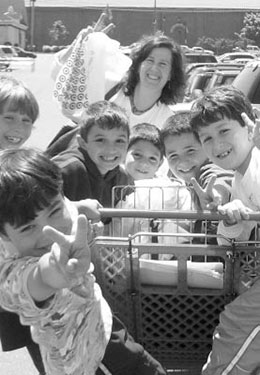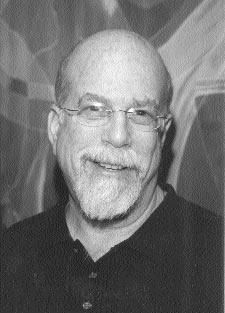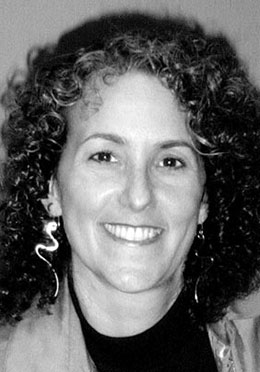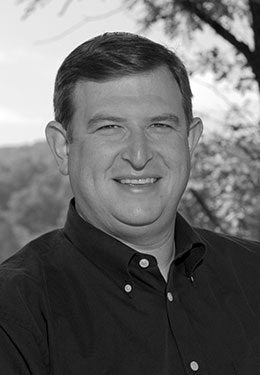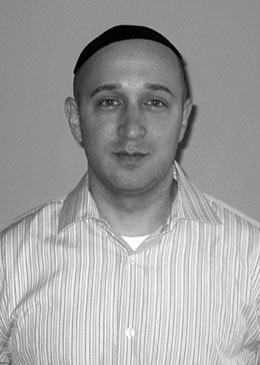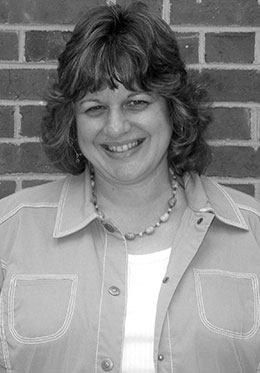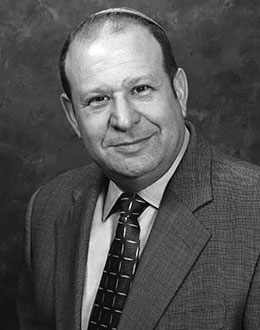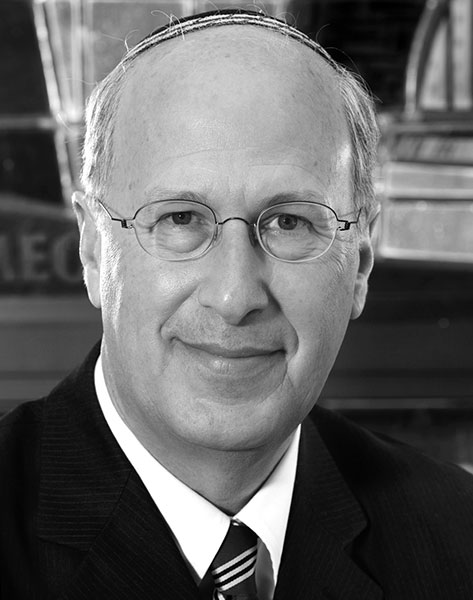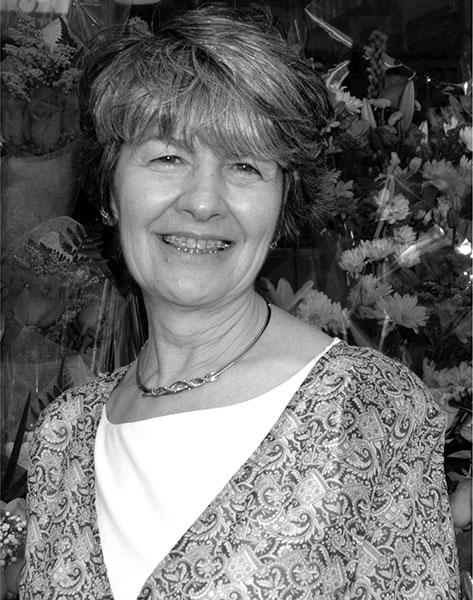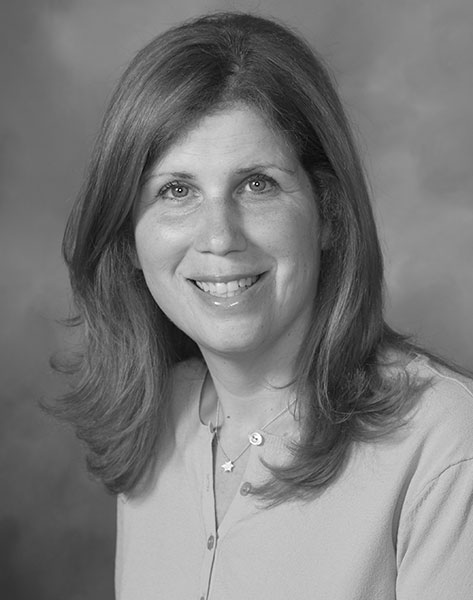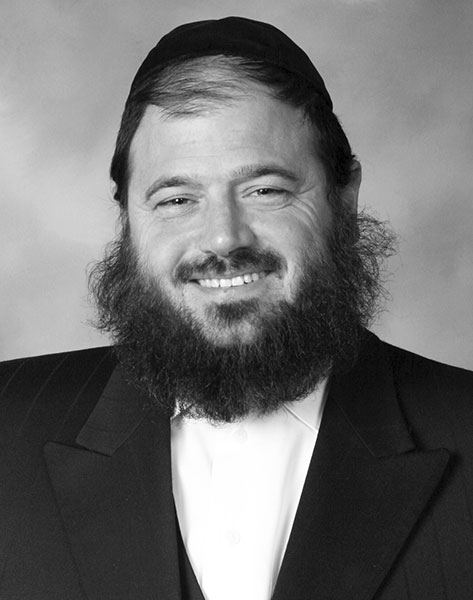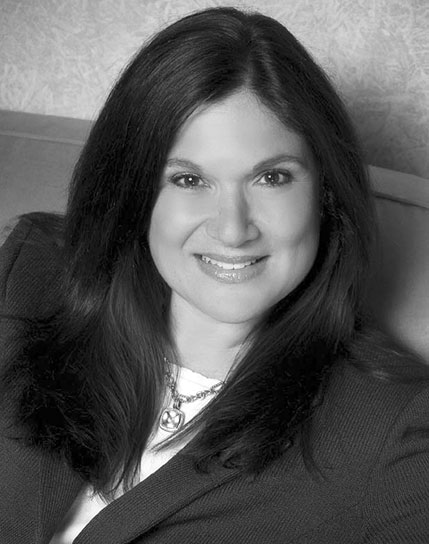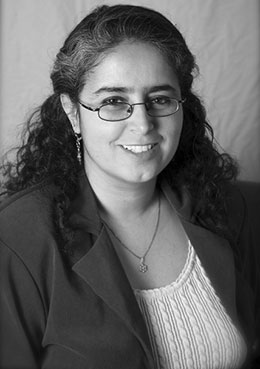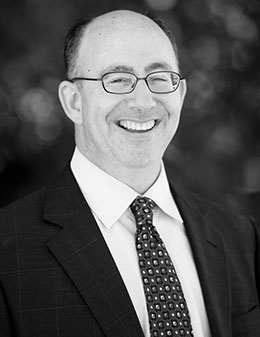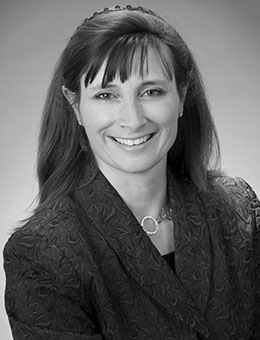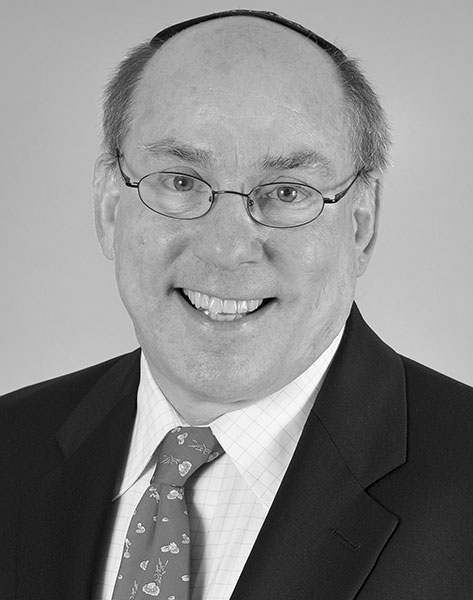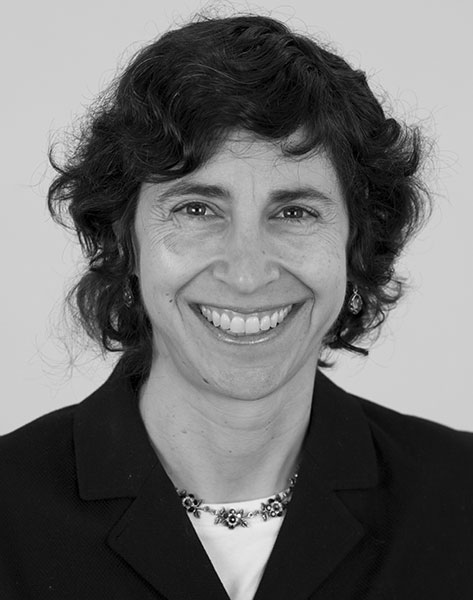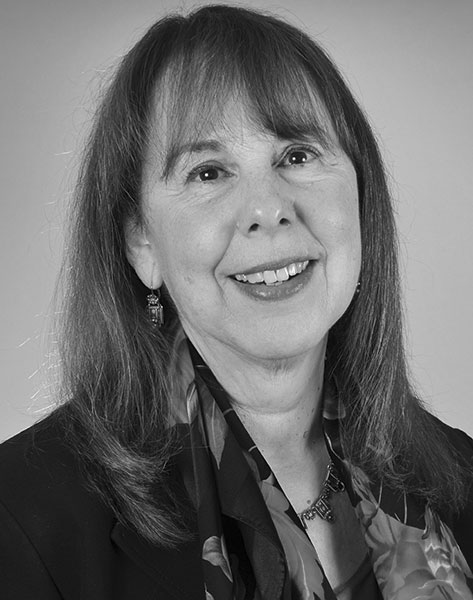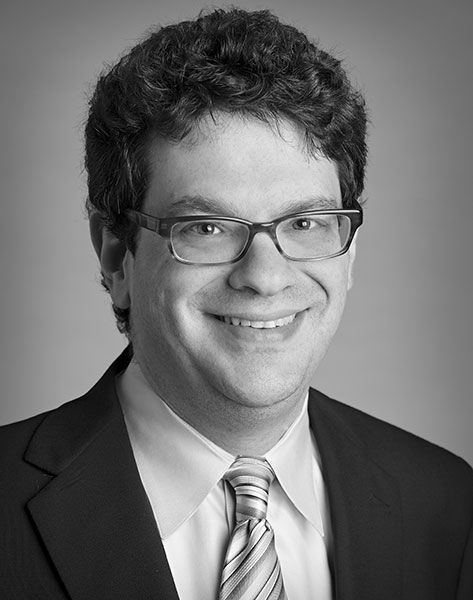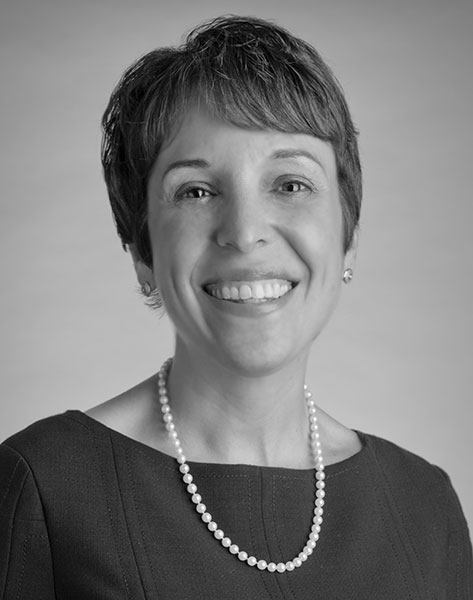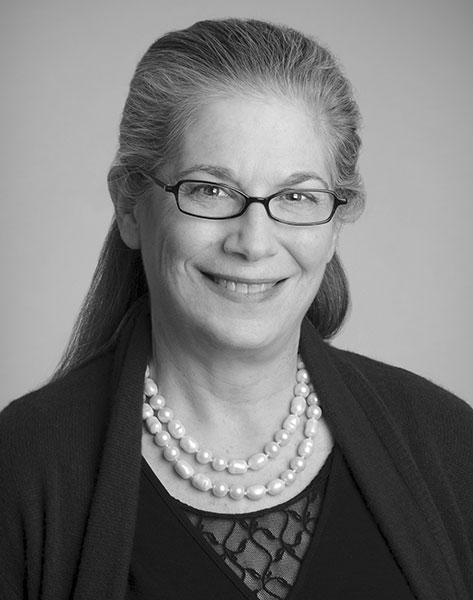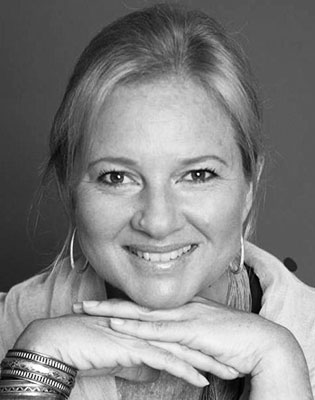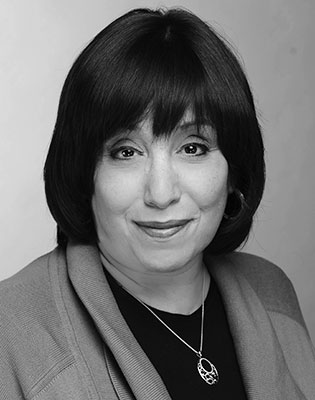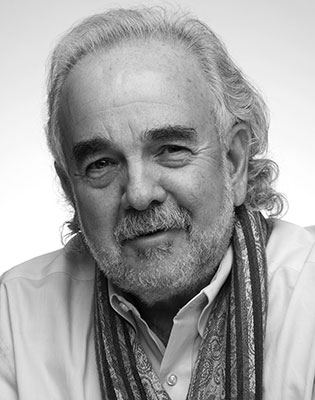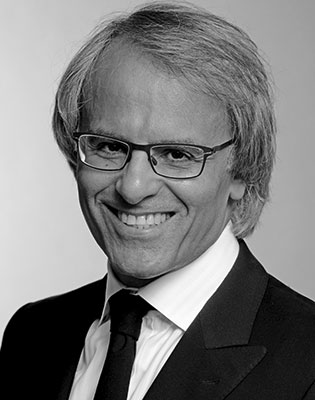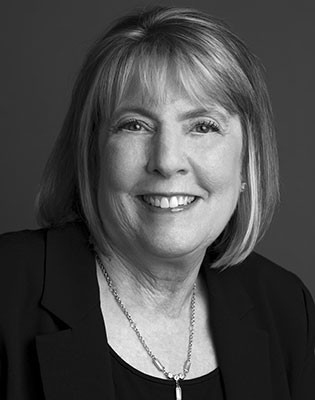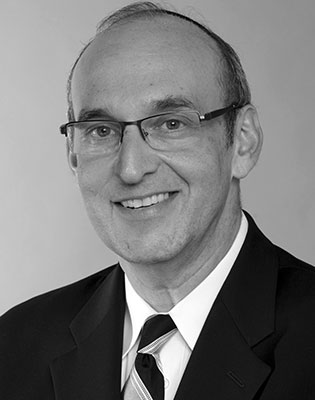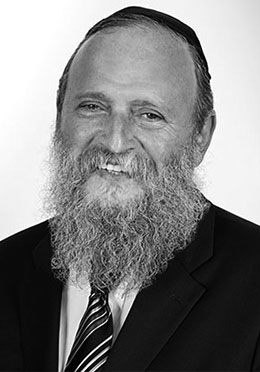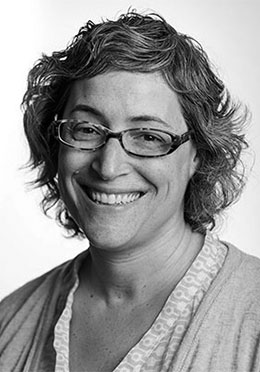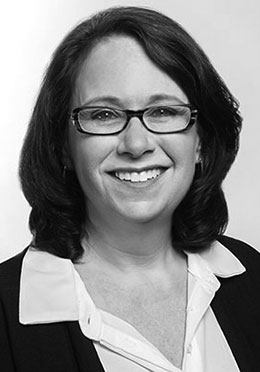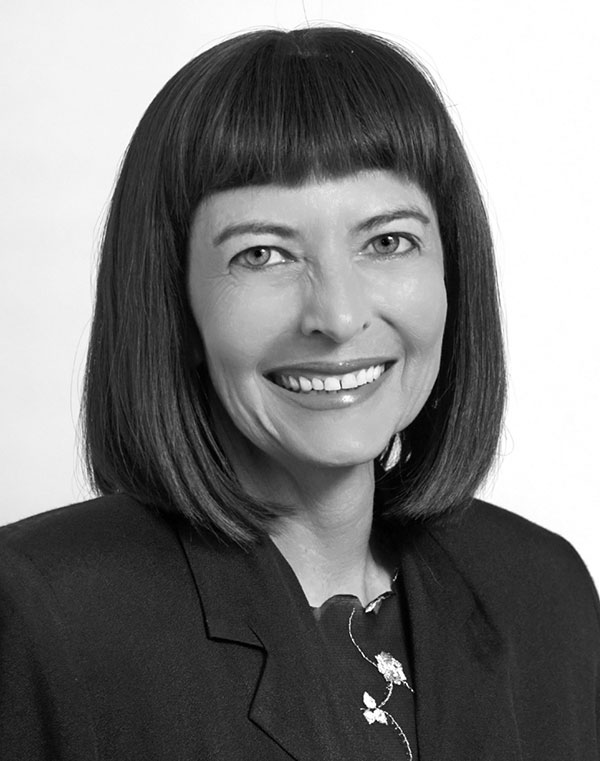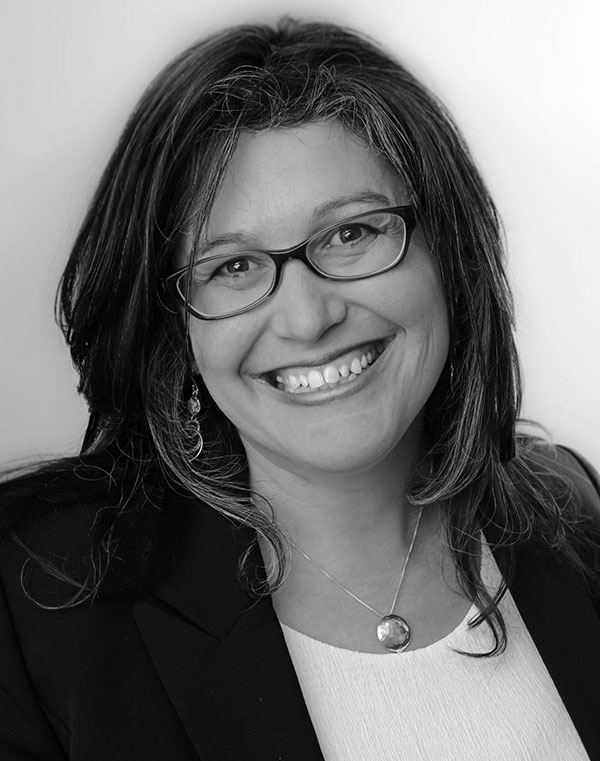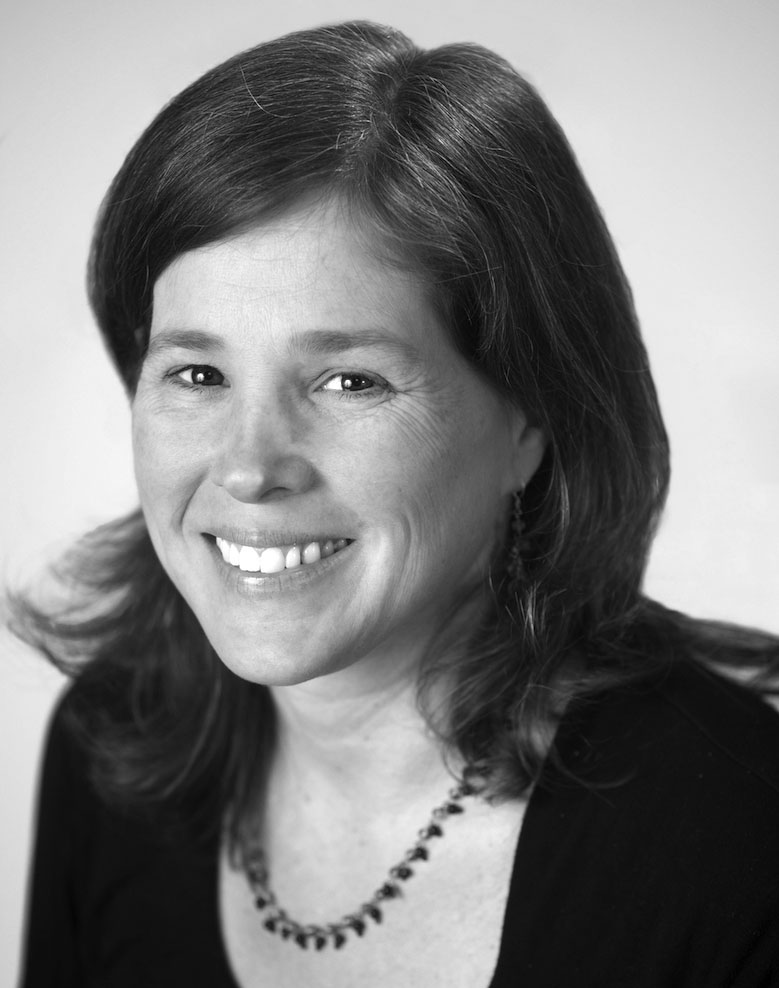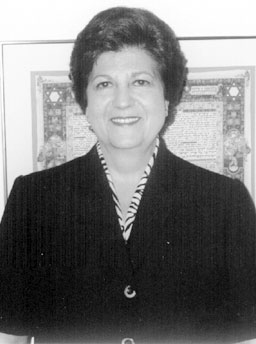
2001 Covenant Award Recipient
Jo Kay
Educational Consultant, Director Emeritus of HUC-JIR’s NY School of Education
Jo Kay was born into an Italian-Catholic family in Brooklyn, New York, and raised in a well-integrated community of Italians and Jews. Jo’s many Jewish friends welcomed her into their homes and taught her their customs and rituals. Her father, Mario, of blessed memory, began his high school education after the age of forty and within ten years had been awarded a bachelor’s degree and a law degree. He died tragically at age fifty-one; leaving behind a legacy centered on the importance of attaining an education, which helped to shape Jo’s own persona as student and teacher. Jo’s mother, Agnes, of blessed memory, kept the threads of the family woven into a tapestry of love and benevolence. She taught Jo the vital role the family unit plays in creating strong identity and positive values which helped Jo to imagine a vision of Jewish family education.
At Brooklyn College, Jo majored in elementary education. There she met Alan Kay, her future husband, who was born and raised in an observant Jewish family. Their courtship enabled them to gain respect for each other’s traditions. Jo’s thoughts about conversion to Judaism, planted much earlier in her life, began to take root. After taking courses in Bible and Jewish literature, reading books on Jewish history, life-cycle rituals, and Shabbat, she decided to study formally for conversion. Jo believes she has been traveling on a “sacred path,” and her journey into Jewish life and learning is constantly evolving.
Jo began her teaching career in P.S. 316 in Brooklyn, New York. Her first attempt at Jewish teaching was at Temple Beth Ohr, also in Brooklyn. She continued her avocational teaching at Temple Emanu-El of East Meadow, New York. There, Jo created the award-winning PACE (Parents and Child Education) Family Education Program. Not long after, Jo began teaching Judaic Studies at the Rodeph Sholom Day School in Manhattan. Within five years she was appointed Director of Judaic Studies, and, later, she assumed the position of Education Director of the religious school at Rodeph Sholom. Foremost among her responsibilities were writing curricula, developing family and adult study options, and mentoring teachers, most of whom were students at the Hebrew Union College-Jewish Institute of Religion (HUC-JIR) and the Jewish Theological Seminary. While at Rodeph Sholom, Jo earned a master’s degree in Jewish education at New York University.
In 1985 Jo was the recipient of a Gruss Award for excellence in Jewish teaching, enabling her family to participate in the Jewish National Fund’s Family Living Experience in Israel. It was a summer that changed their lives. Two years later Jo returned to Israel with her family to study for a year in the Senior Educators Program for Jewish Education in the Diaspora at the Hebrew University in Jerusalem.
In 1999 Jo was appointed part-time director of the School of Education at HUC-JIR in New York, and one year later she assumed the position full-time. In her new assignment, Jo has been immersed in the re-visioning of the School of Education, which is seeking to address the critical shortage of professional Jewish educators. Her years as a consultant and faculty member in the University of Judaism’s Whizin Institute have taught her how to nourish the field of Jewish family education and be nourished by it. For Jo, it is her work with the Jewish family, in its many forms, and her desire to enable adults and children to find their place in the Jewish community as positive and productive members, that informs her work and sustains her study.
In 2004, Jo co-authored the book Make Your Own Passover Seder with her husband, Rabbi Alan Abraham Kay, z”l.
2018 Update:
Jo Kay retired from her role at HUC-JIR in June 2012 after 14 years of service. Since then, she has worked as an educational consultant in several different capacities across the Jewish educational landscape, including with the Jewish Education Project, where she has facilitated educator networks for the past three years.
In January 2018, Jo began serving on Congregation Rodeph Sholom’s Early Engagement Advisory Group; the youngest age group the congregation targets. Sholom Sprouts is open to children from 6 weeks through 2 years old and their parents.
Jo also facilitates two Peer Network groups: (Manhattan Senior Educator Innovators and Titchadesh [educators who are newer to the field]) and serves as a mentor for the Jewish Education Project’s Qushiyot program, which seeks to empower educators to have in depth and balanced discussions about Israel and the current political situation.
In addition, Jo serves as a lay leader in her home synagogue, Temple Chaverim, in Plainview, New York. In 2018, Jo served on the Rabbinic search committee. As part of her role on the Religious School Committee at Chaverim of Plainview, she has worked with educators to develop a new mission statement, a new set of goals for a reform congregational school, a curriculum map, and a grade by grade curriculum overview.
From Jo Kay’s Statements of Motivation and Purpose:
“I always knew that I wanted to teach. Teaching is serious business. It requires serious thought and a commitment to learning. It demands that we be concerned for the educational and emotional development of our students. It requires a willingness to see the whole student, to look beyond the classroom to the context in which the student lives; and to recognize how we relate to that student and the environment in which we are teaching.
“The recent national Jewish agenda has been concerned with continuity, with the Jewish future, with the state of Jewish education. The congregational school has been criticized for ‘failing to provide serious opportunities for students to learn about being Jewish.’ Everyone is searching for an answer to the question: ‘Will my grandchildren be Jewish?’ We must not let the question overwhelm us. I take to heart Rabbi Tarfon’s teaching: ‘You are not required to complete the work, but neither are you at liberty to abstain from it’ (Pirke Avot 2:21). This is how I have always worked, one step at a time, one day at a time.
“I have worked with students, with parents, and with teachers. I am always open to learning new ideas and developing methods of teaching. I feel myself growing and that is invigorating. I feel myself learning and that is transformative. I have become a more thoughtful teacher. I try to think about everything I am teaching and I try to teach my teachers and my students to do the same. Those of us who have chosen the awesome responsibility of transmitting our Jewish heritage, whether as rabbis or as cantors or as principals or as parents—we are all Jewish educators. Where then do I go from here? For me, the answer is a natural one in the progression of my life’s work. I must now become an advocate for the field of Jewish education.
“Choosing to be a Jewish educator, from my perspective, is one of the most exciting, dynamic, creative, and meaningful things I could have chosen to become. It has offered me the opportunity to learn constantly and change. I have functioned in many different roles within the world of Jewish education and each one has added to my own self-esteem while enabling me to make meaningful contributions to Jewish education and to the Jewish community. I want to help students see the breadth and width of the field of Jewish education. I want to help students understand how much they are needed. After twenty-five years in the field, I am still as excited as I was at the start. I look forward each day to new challenges and to new opportunities to learn. I love generating excitement each time I help someone learn something new. What I want to do now is to create the same love and excitement I feel for Jewish education, in others. I want to help move our Jewish schools into the new millennium.
“As long as I continue to teach, I will also continue to study. As Abraham Joshua Heschel has taught, what we need is not text-books but rather text-people. To be a true text-person, I must live and love what I am teaching, and for me that continues to be one of the greatest joys of my life.”
From her Letters of Nomination and Support:
“Many people know Jo best through her work as the principal of an afternoon religious school, a vibrant, exciting, and well-managed school. In a time when many have thrown up their hands in despair over creating quality education in synagogue supplementary school settings, Jo’s school has a rich curriculum, an engaged parent body, ongoing staff development and integrated connections to family and synagogue. Whenever I visit the school at Rodeph Sholom, the positive atmosphere is palpable. Being there during dismissal time, one hears children chattering and laughing with each other, with their teachers and their parents. The spirit of fun and Jewish learning is contagious.”
Dr. Gail Z. Dorph
Colleague, Senior Education Officer, Mandel Foundation “I believe that Jo is in the vanguard of those educators who have stressed family education as one of the means of promoting and enhancing Jewish continuity, and her program has become the model for other such programs throughout the country….She has been my mentor, bringing me back to the richness of Jewish study. And she has been a mentor to so many others, from young rabbis who want to become better educators, to young teachers, to young adults who study at the Religious School…. Jo nurtured them and kindled within them a love of teaching, and they have become outstanding role models for hundreds of young people. ”
Sheila Lambert
Colleague
“Jo has moved into a new position which will define the crowning moment in her career as a Jewish Educator. She is currently working as the Director of the School of Education at HUC-JIR/New York. Already, those same incredible mentoring skills seen at Rodeph Sholom are appearing in Jo’s work at HUC-JIR. She has taken what has been a good program, and through close work with her students and reaching out to colleagues to bring in the best faculty in the world of Jewish Education, has already improved the offerings and the ethos of the school.”
Rabbi Aaron D. Panken
Dean, Hebrew Union College – Jewish Institute of Religion Former Colleague, Rodeph Sholom
“Jo is an extraordinary educator with a broad range of teaching skills. She is as ‘at home’ teaching children as she is teaching adults and families. In fact, her pioneering work in creating the PACE model of Jewish family education has literally revolutionized the practice of Jewish schools. By offering parallel opportunities for adults to learn at the same time as their children, Jo established the most popular form of Jewish family education throughout North America, indeed, throughout the world…. Jo epitomizes the idea of ‘reflective practitioner.’ She is a true student of her craft and art, always exploring new ideas and strategies, always encouraging her staff and protégés to think, to evaluate, and to be intentional about their sacred work. She is also a deeply spiritual person, a cherished friend and colleague, and universally respected and loved.”
Dr. Ron Wolfson
Colleague Vice President and Director, The Whizin Institute for Jewish Family Life
